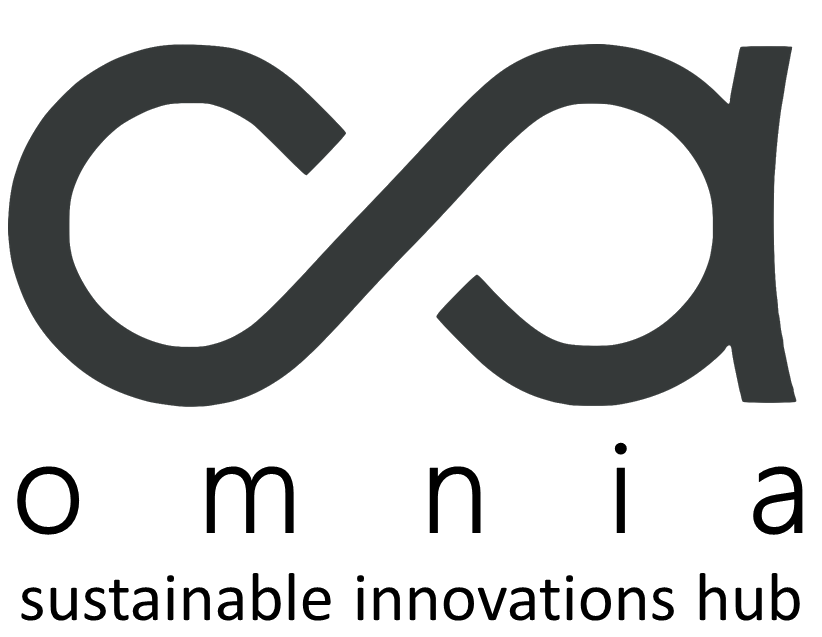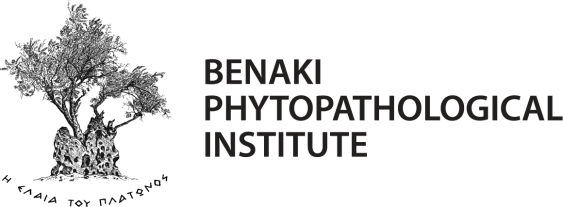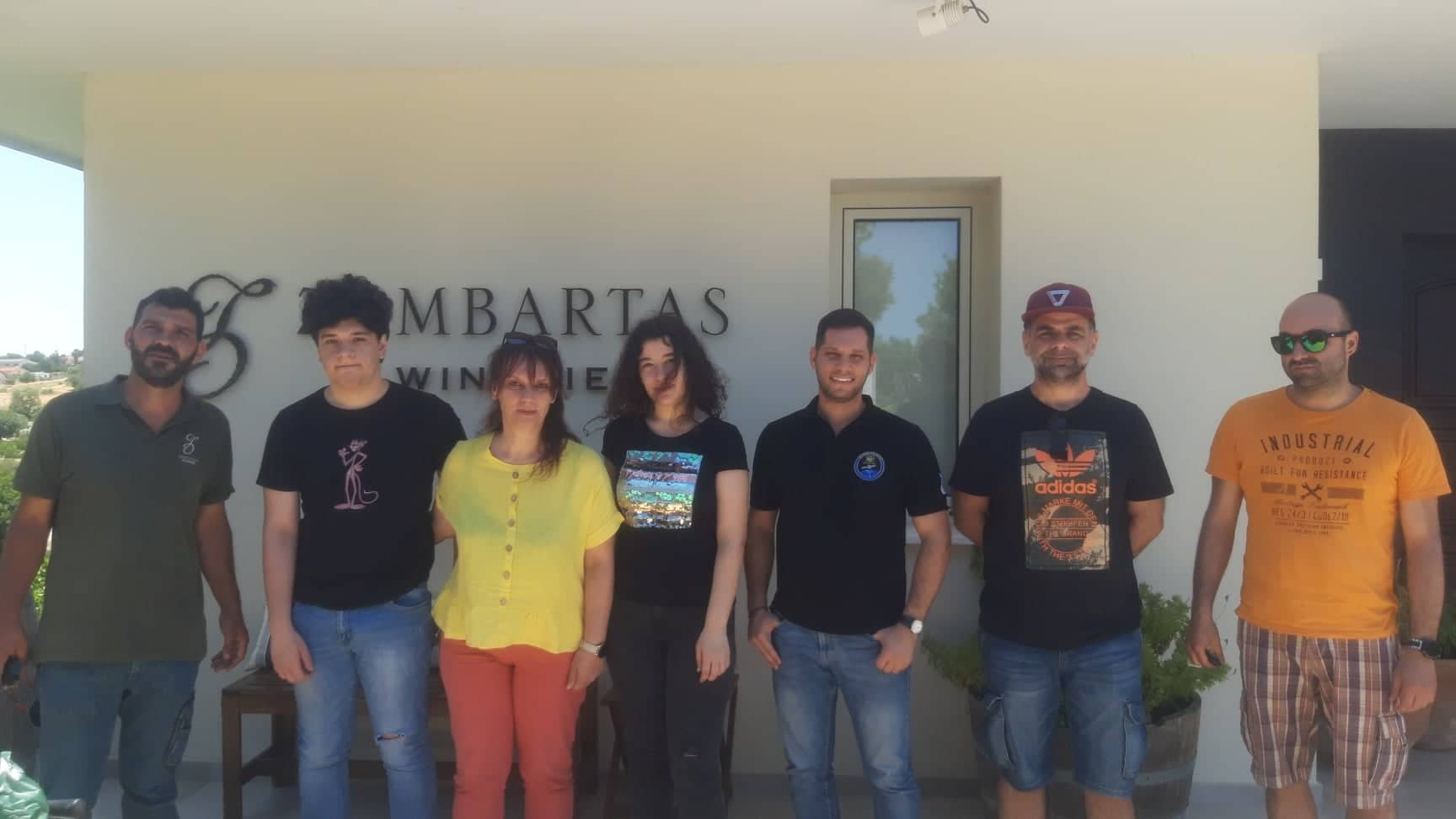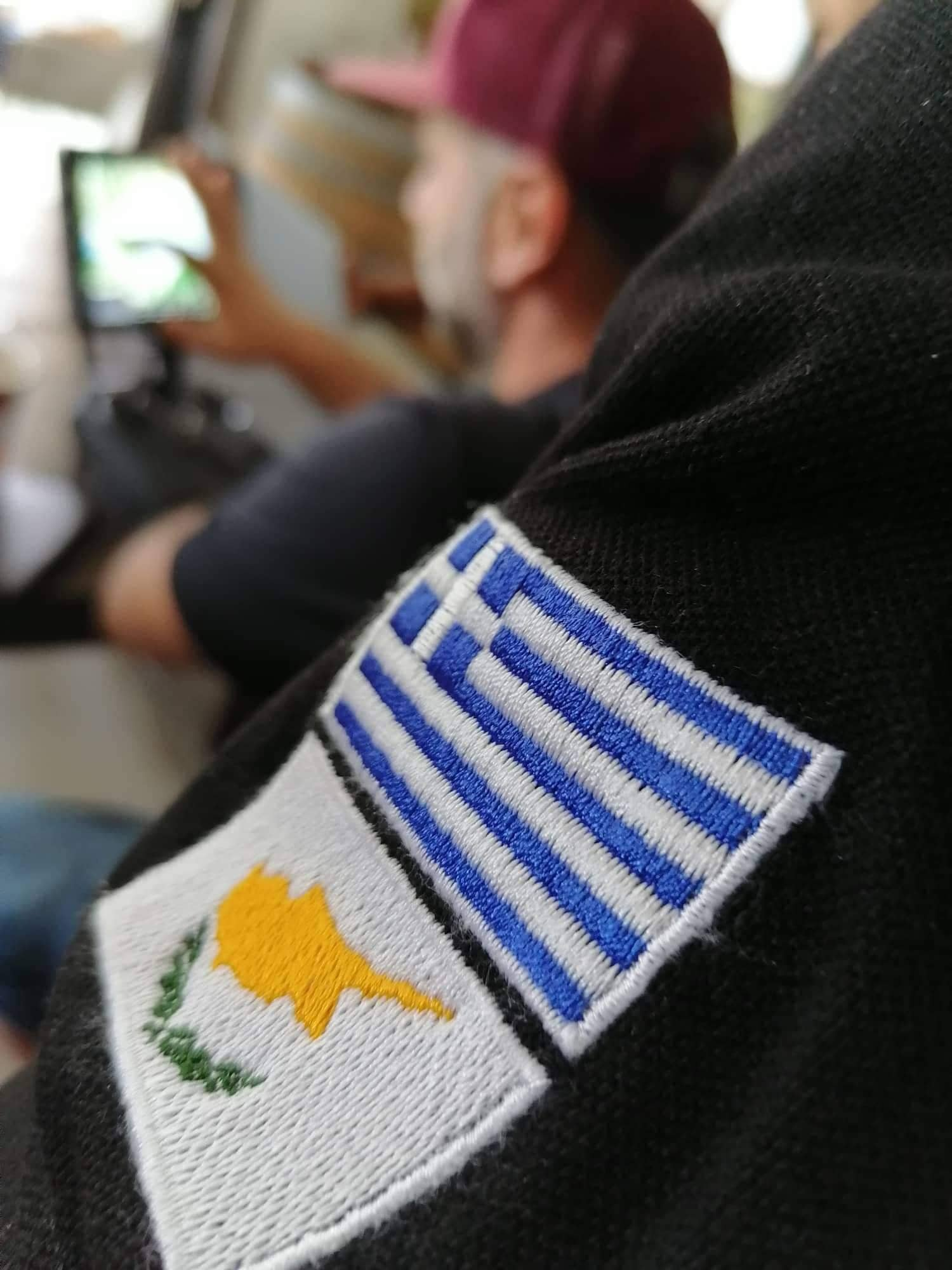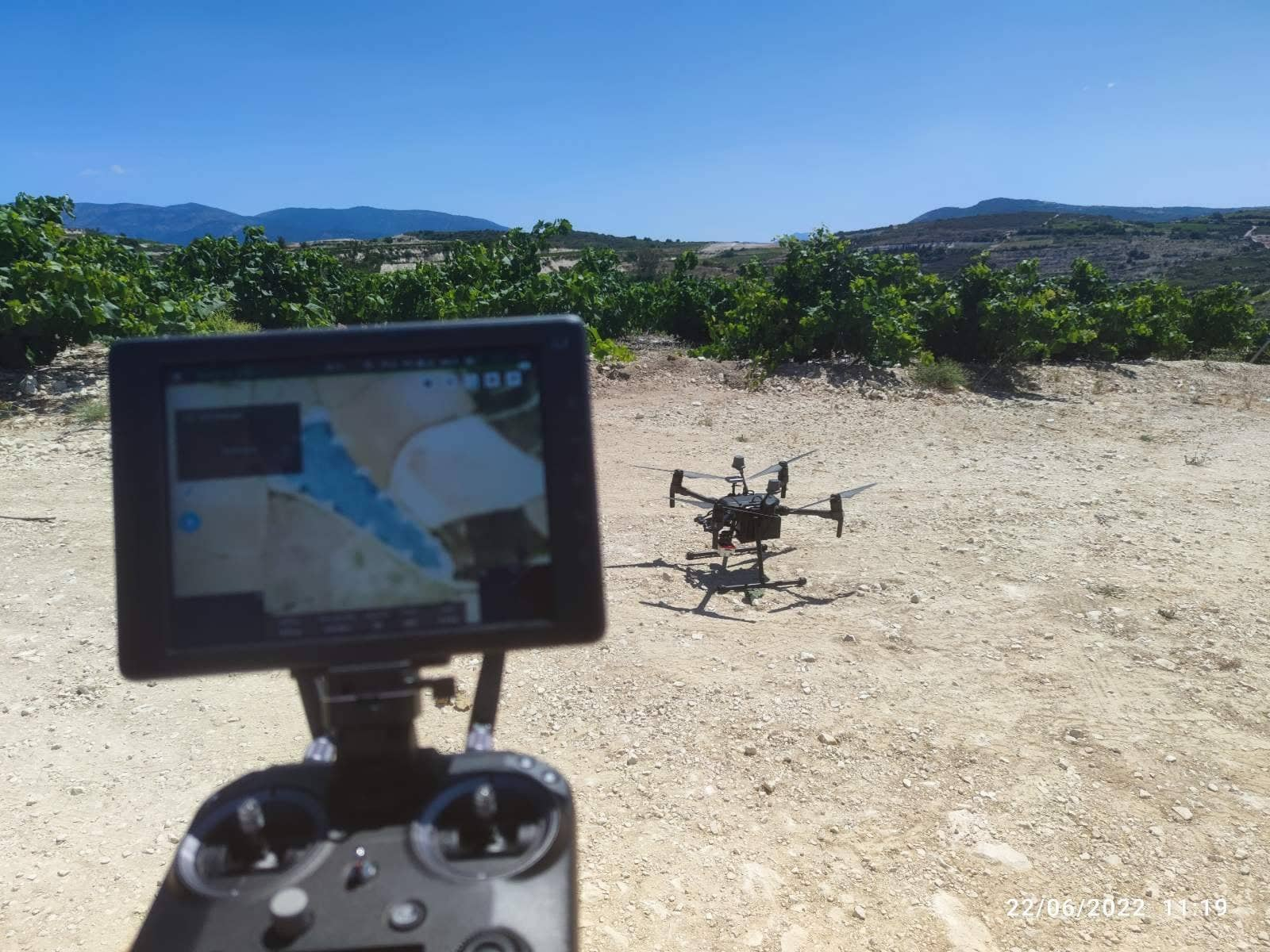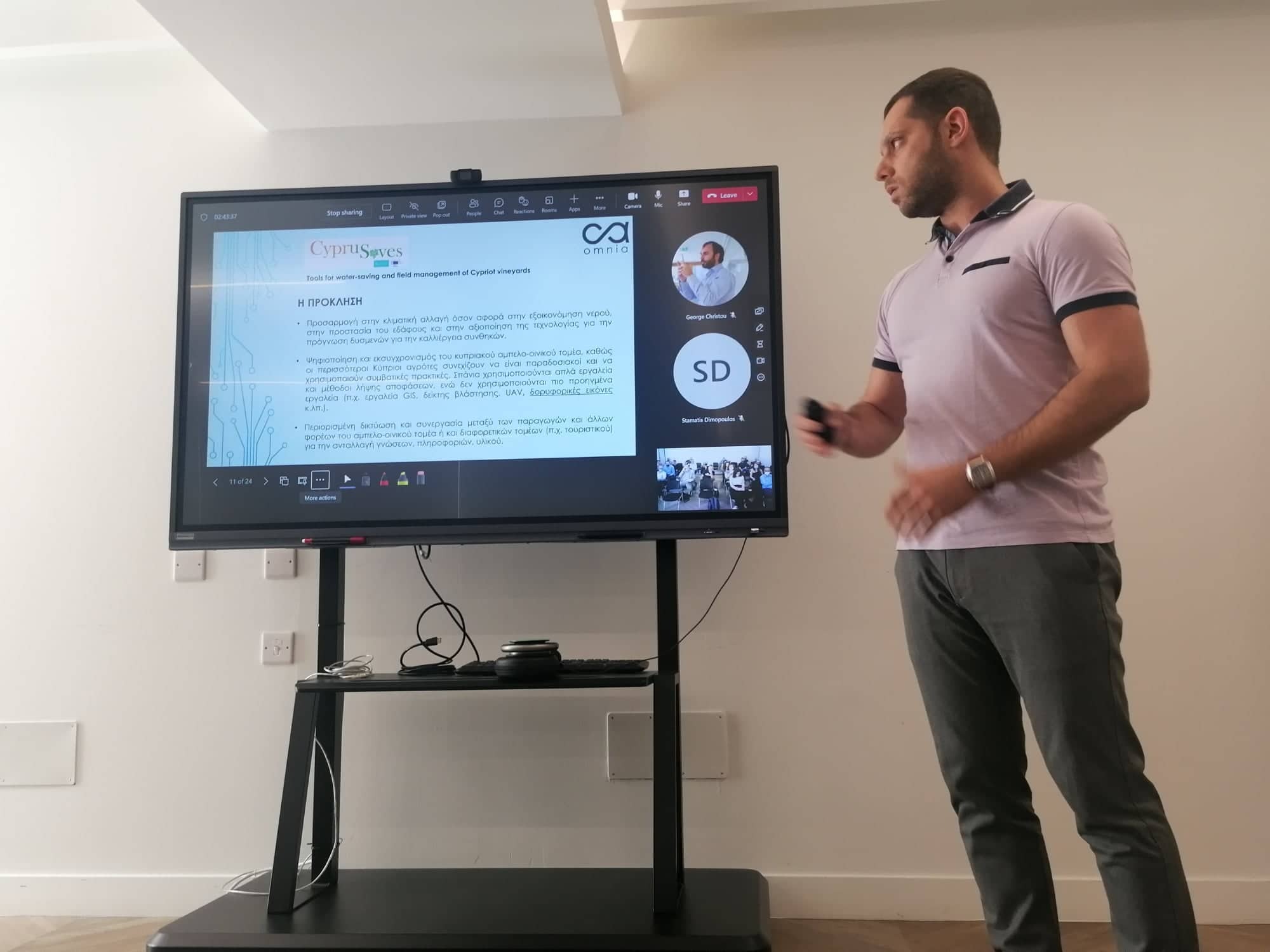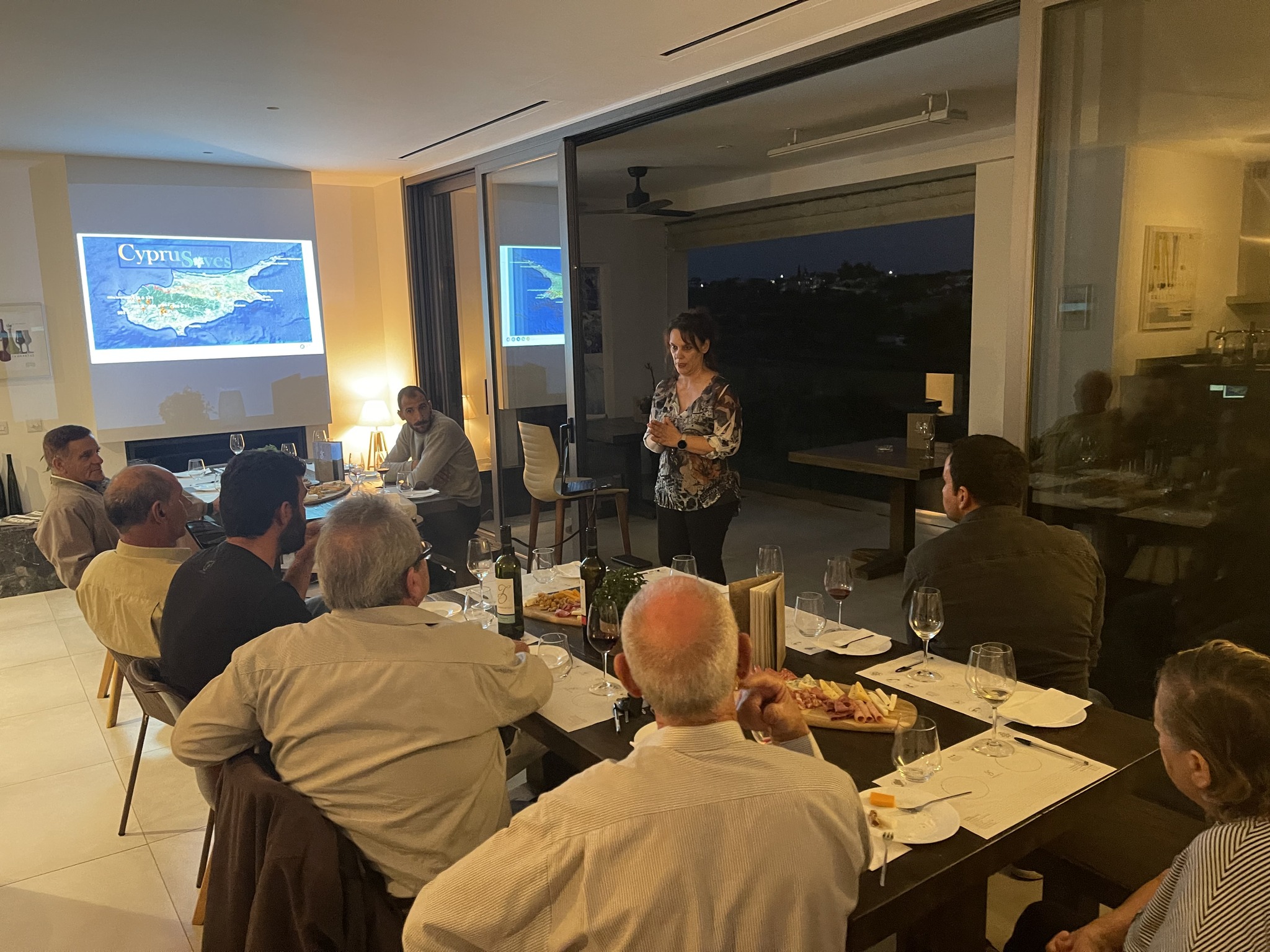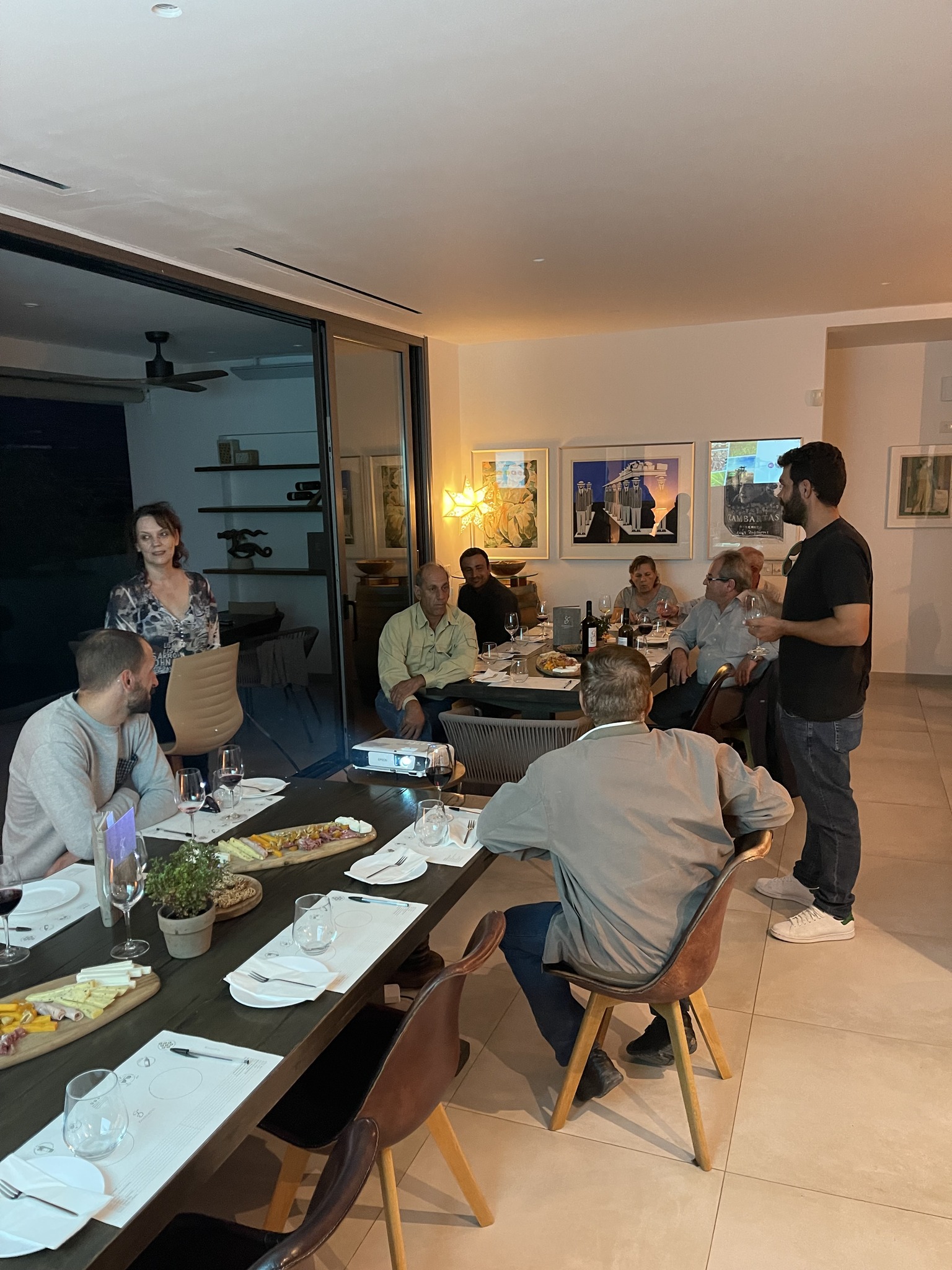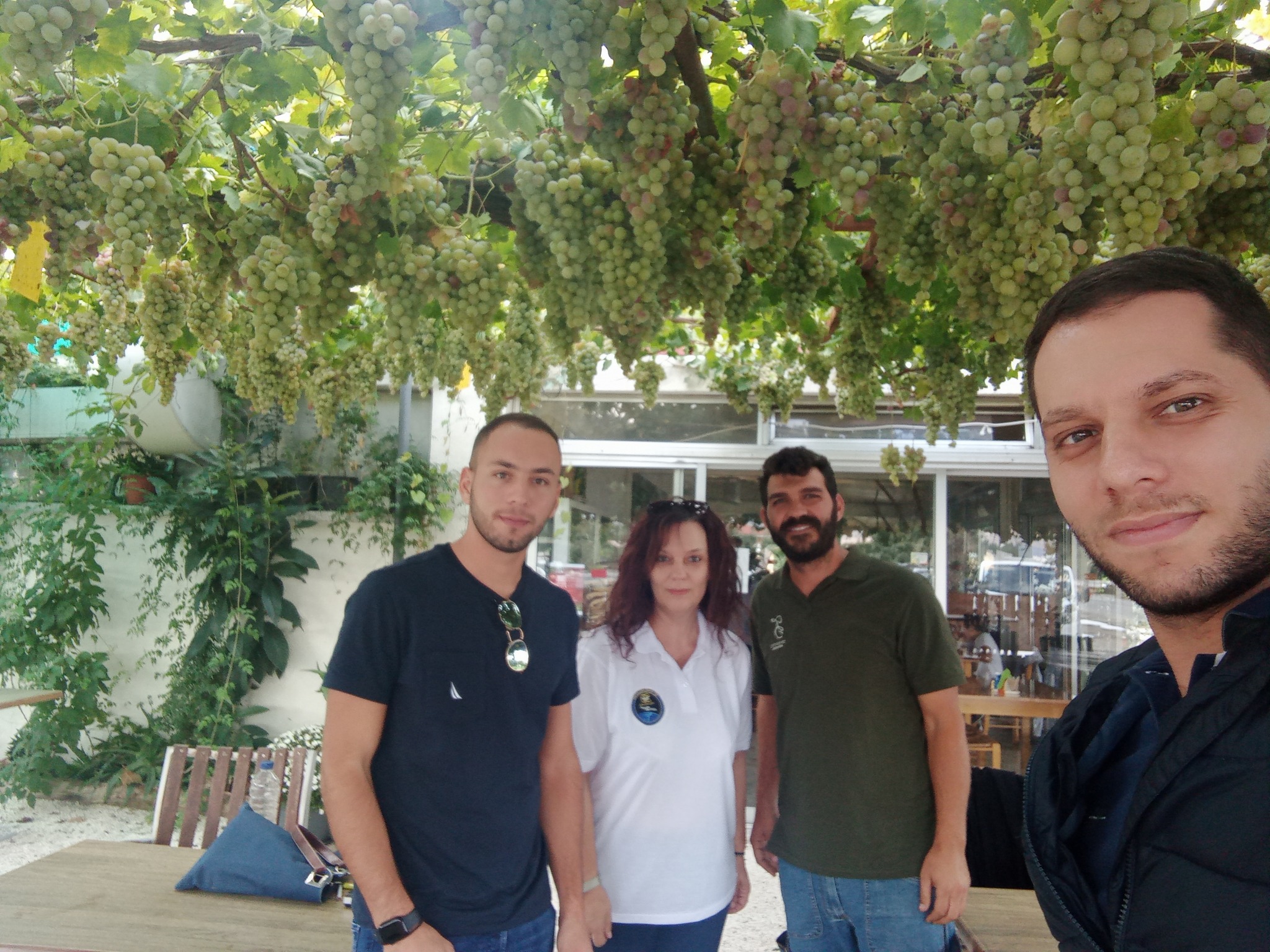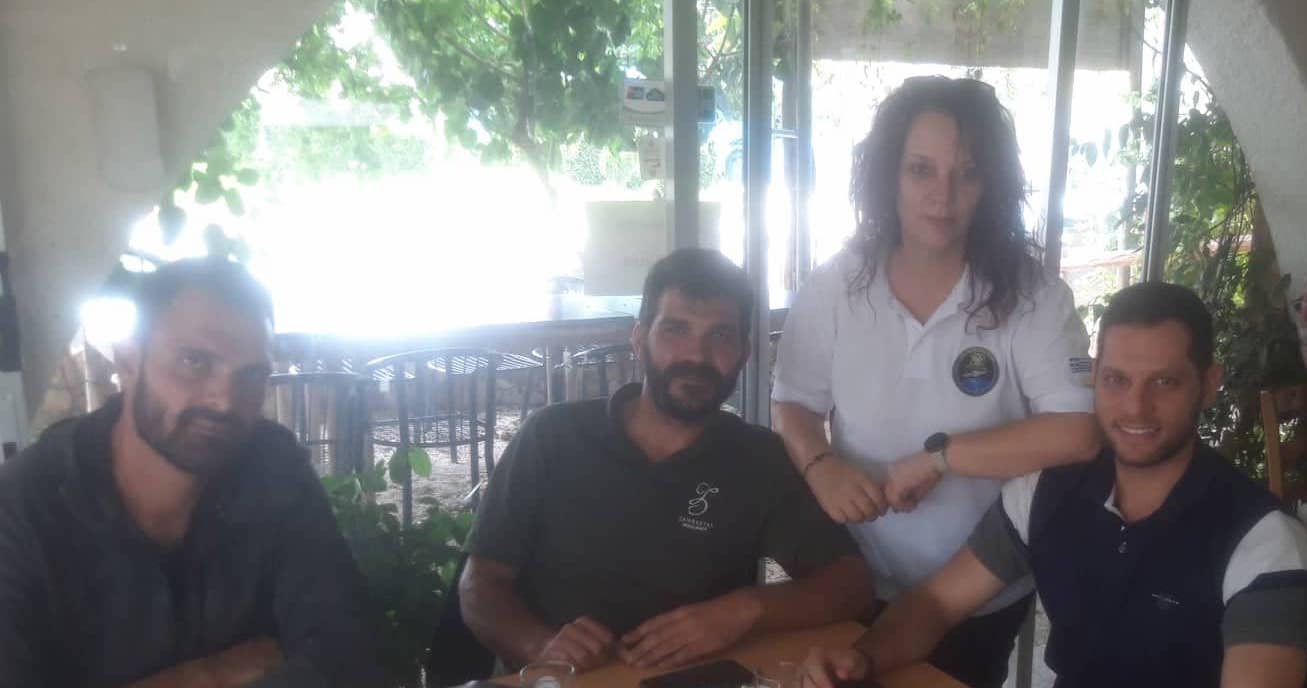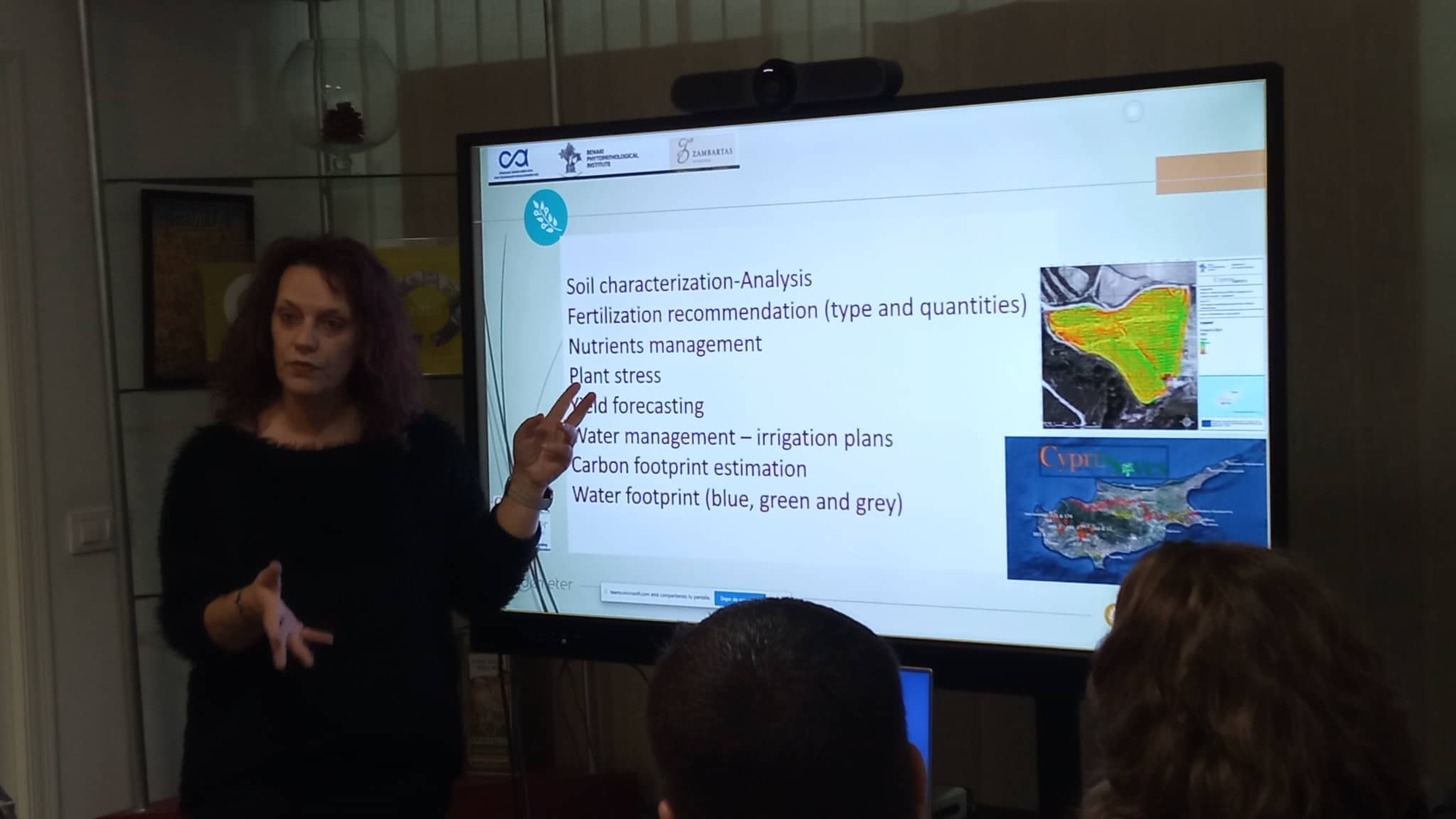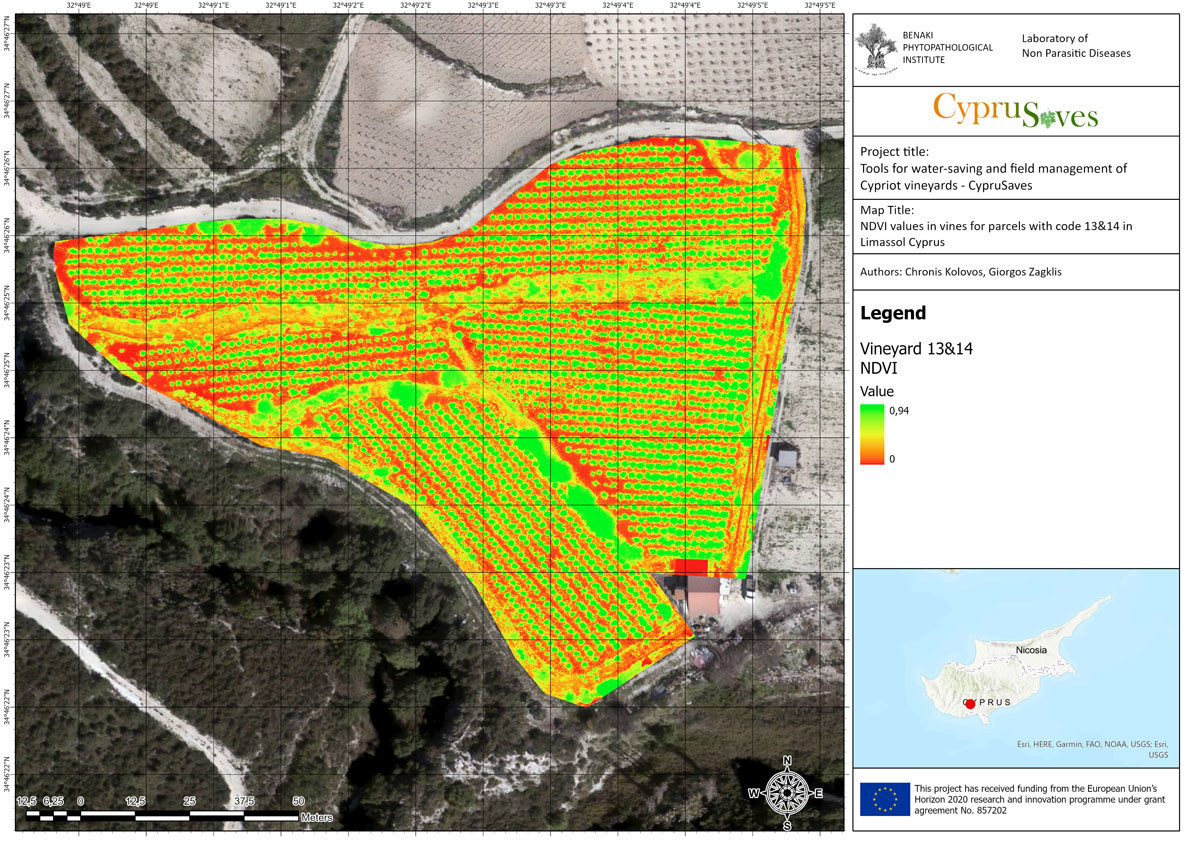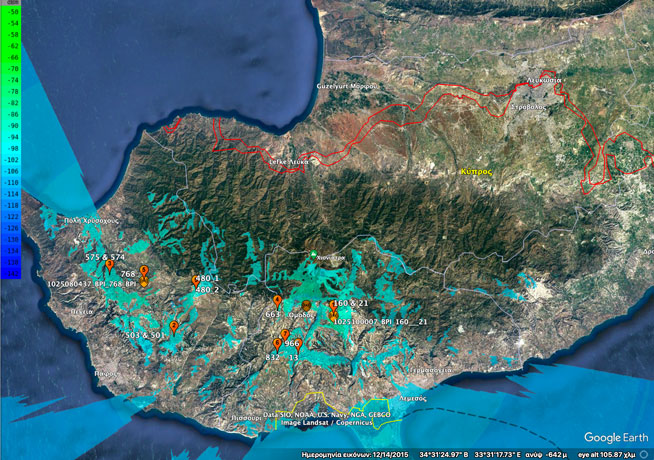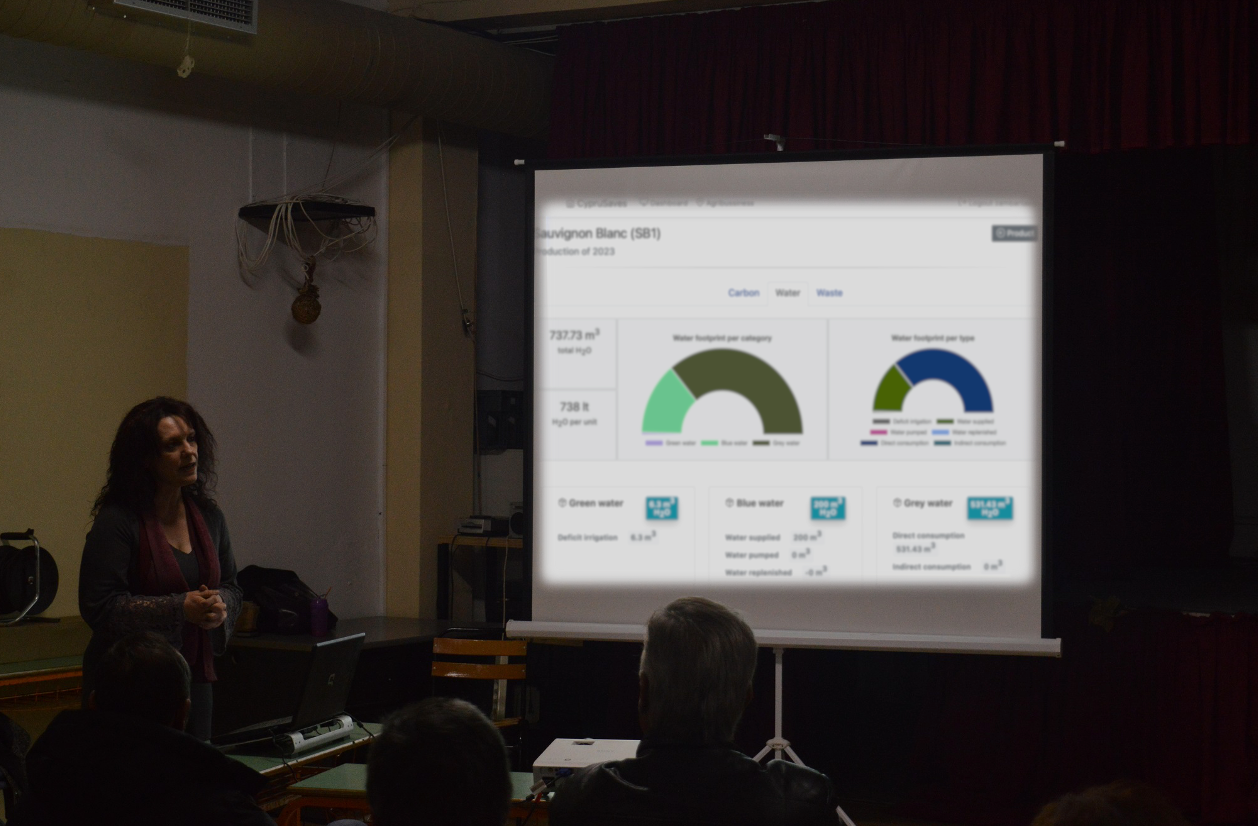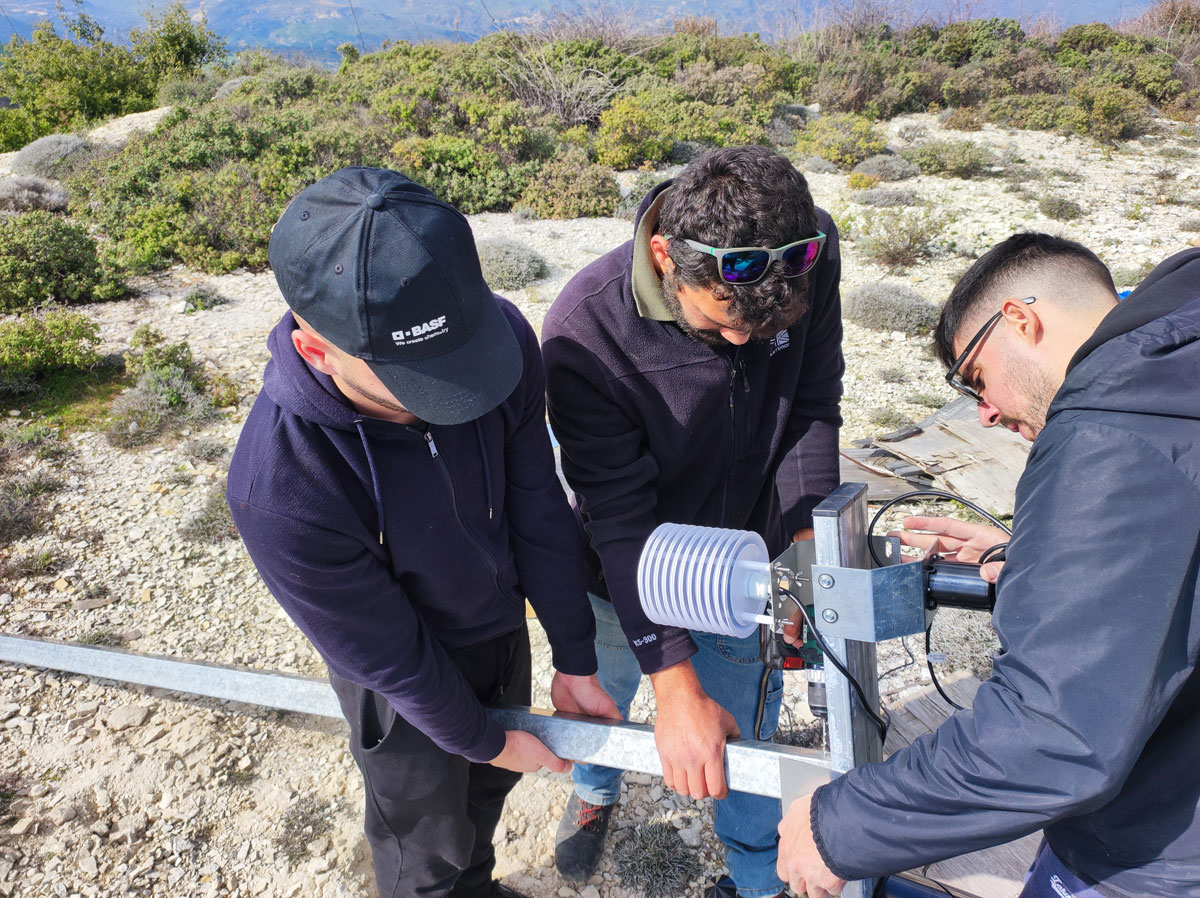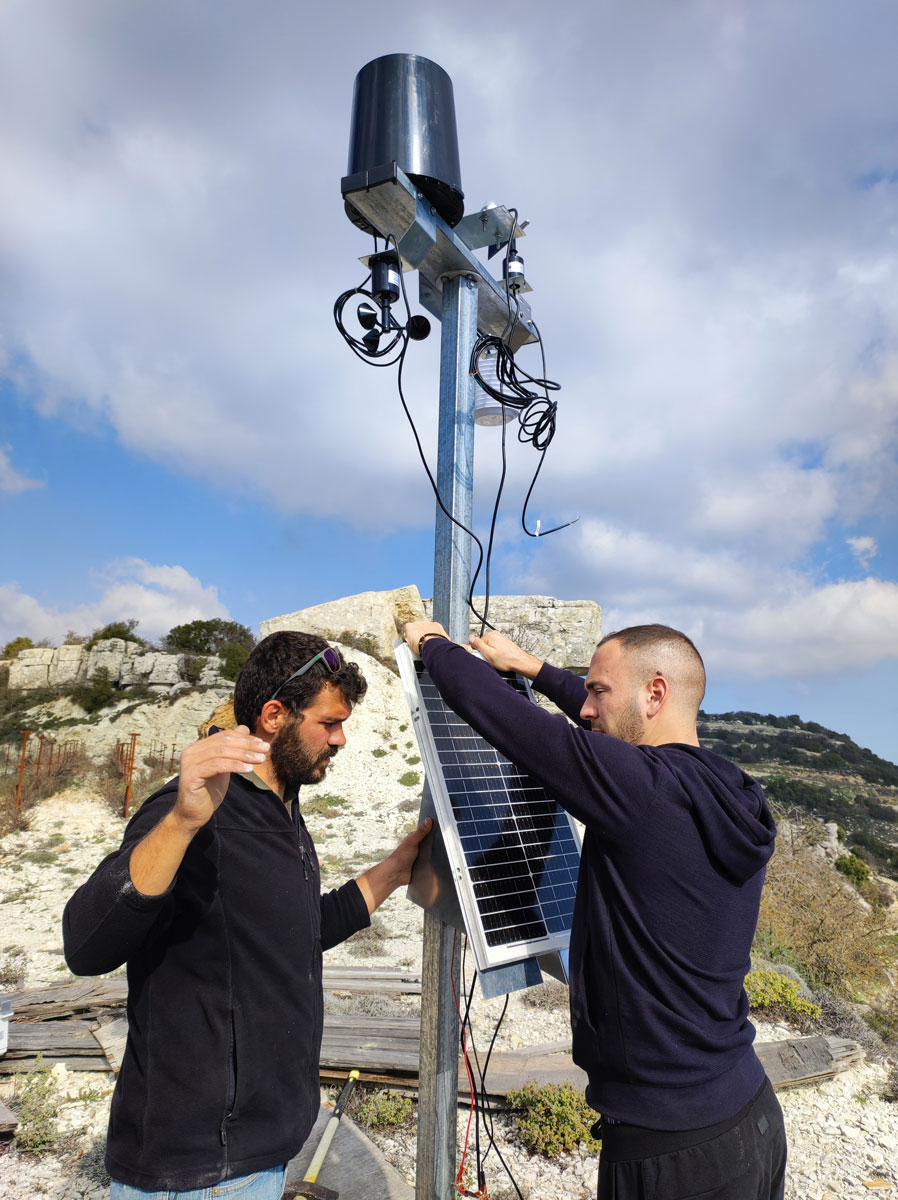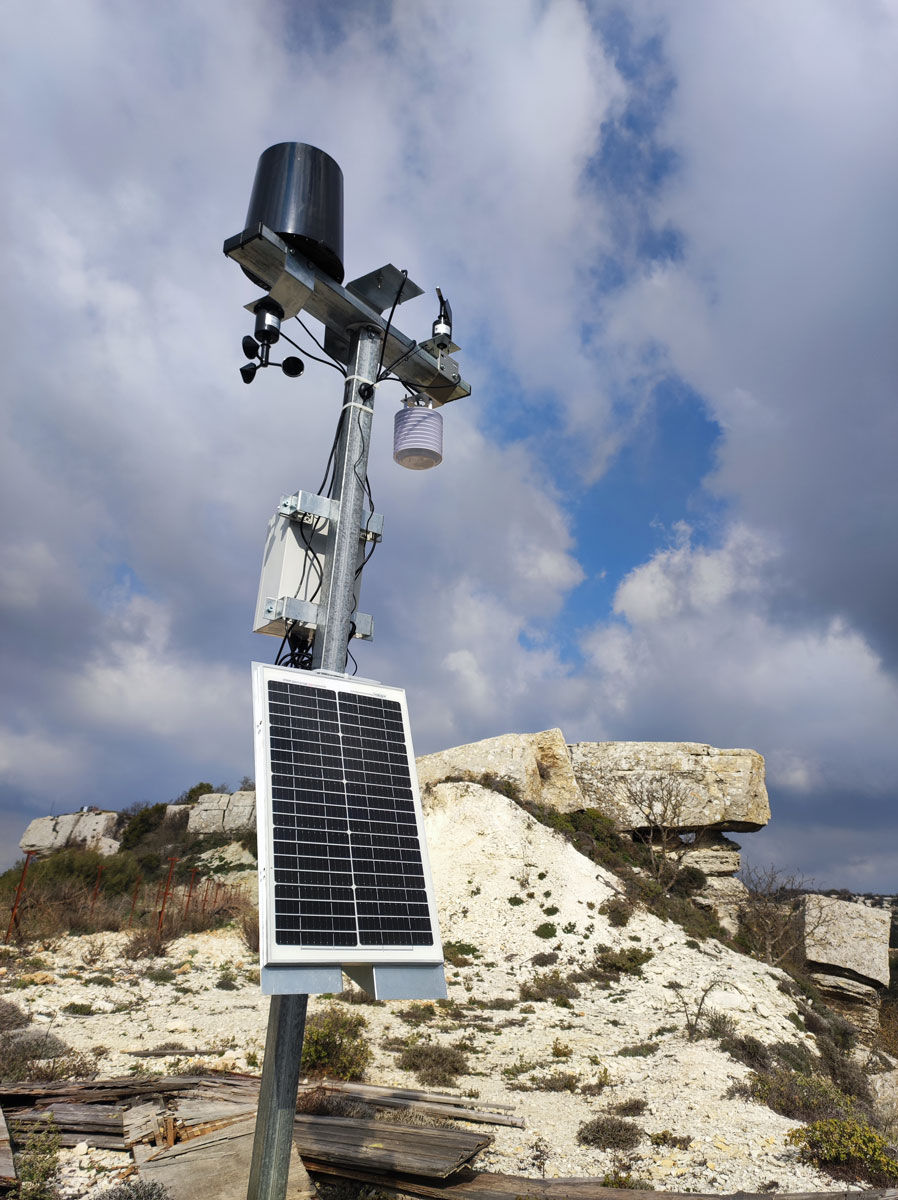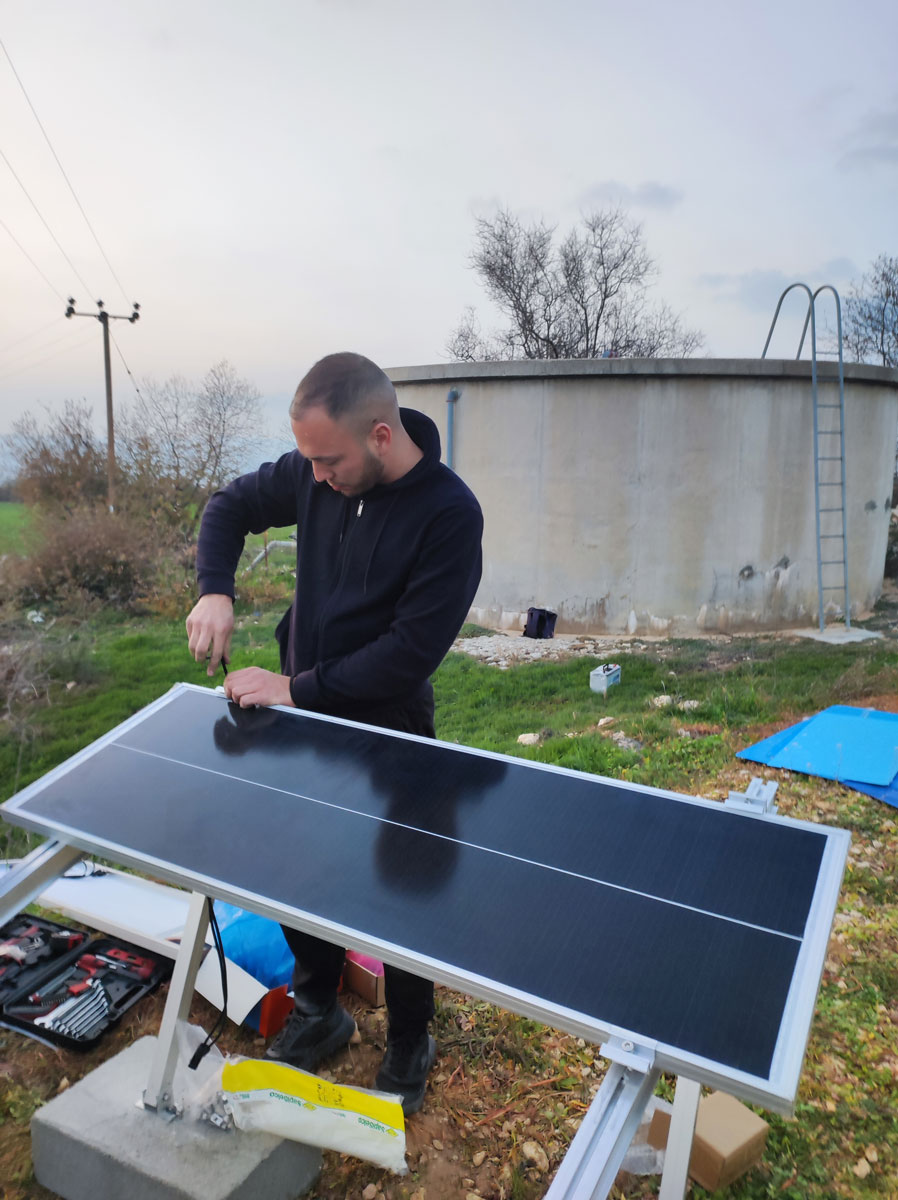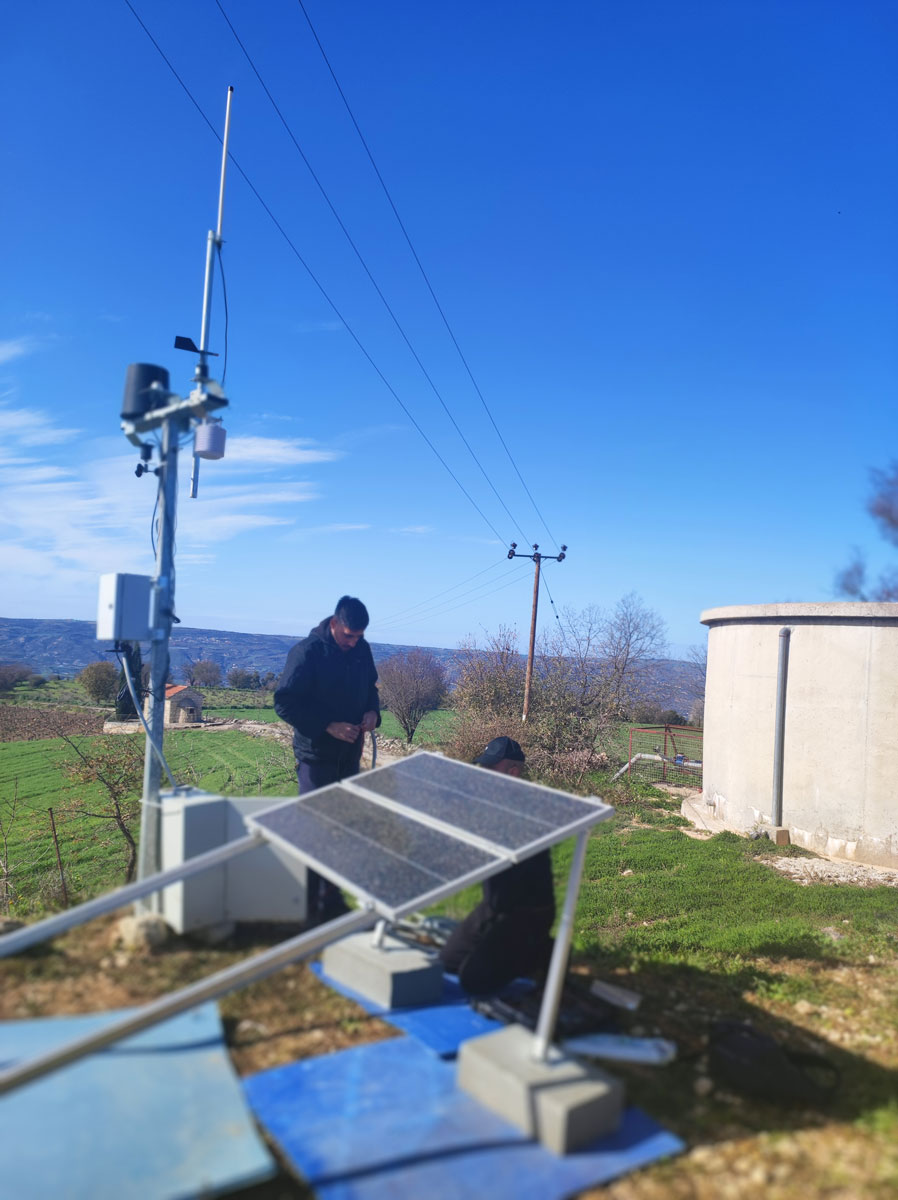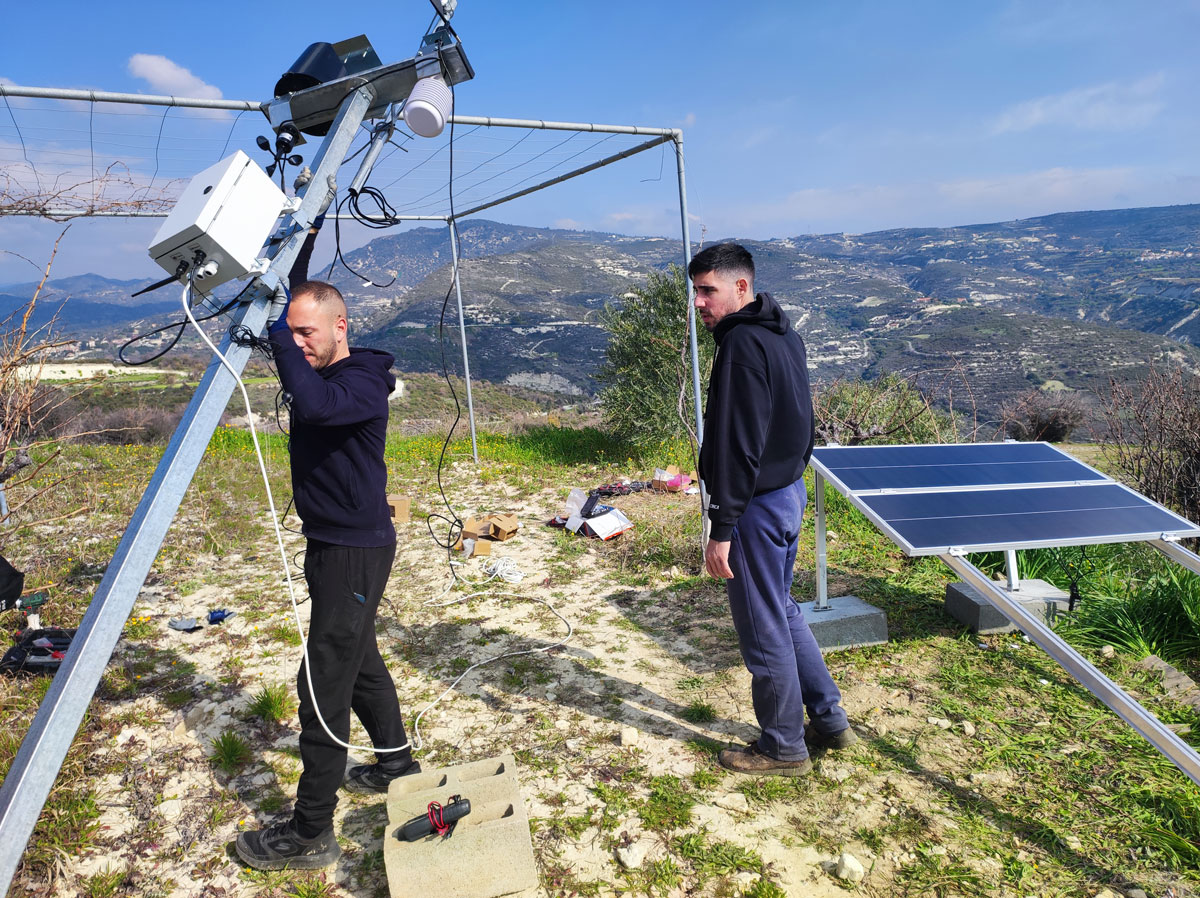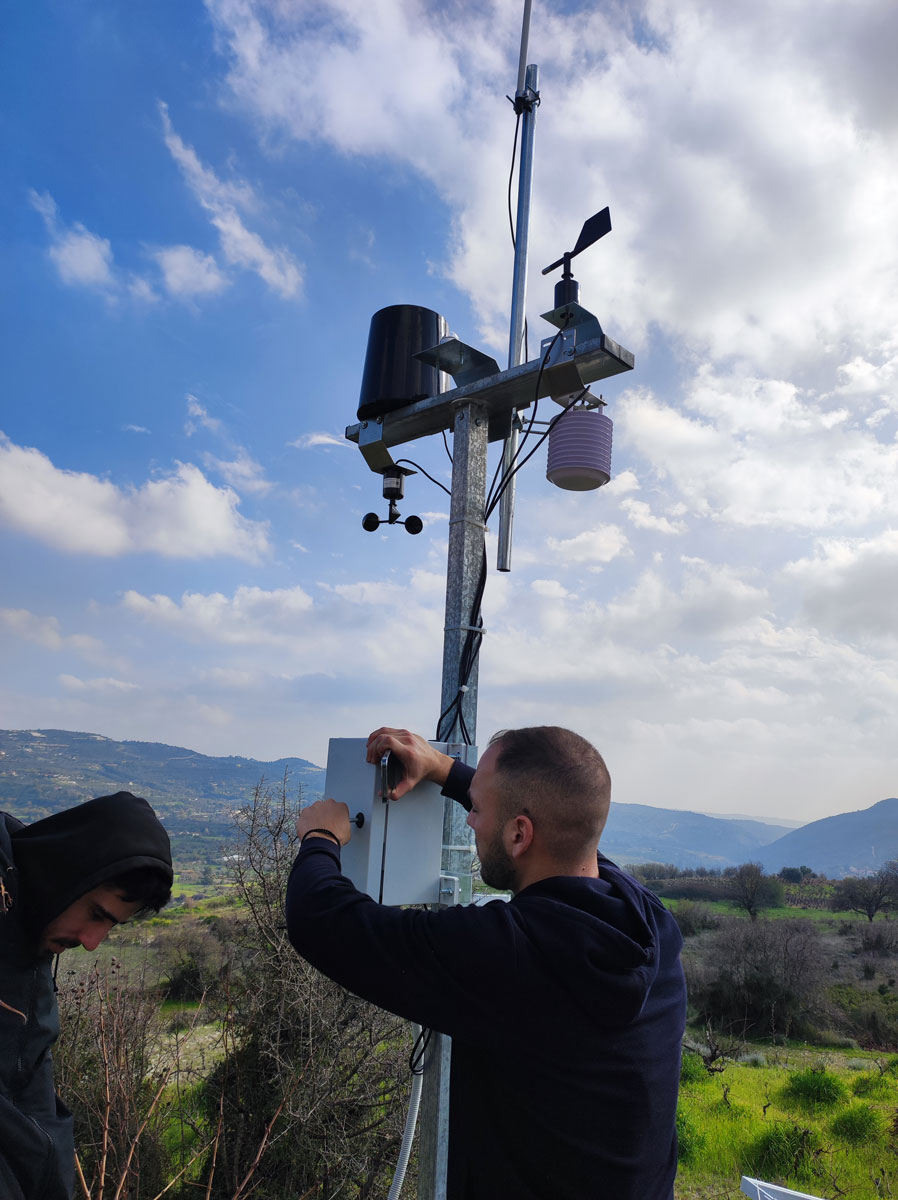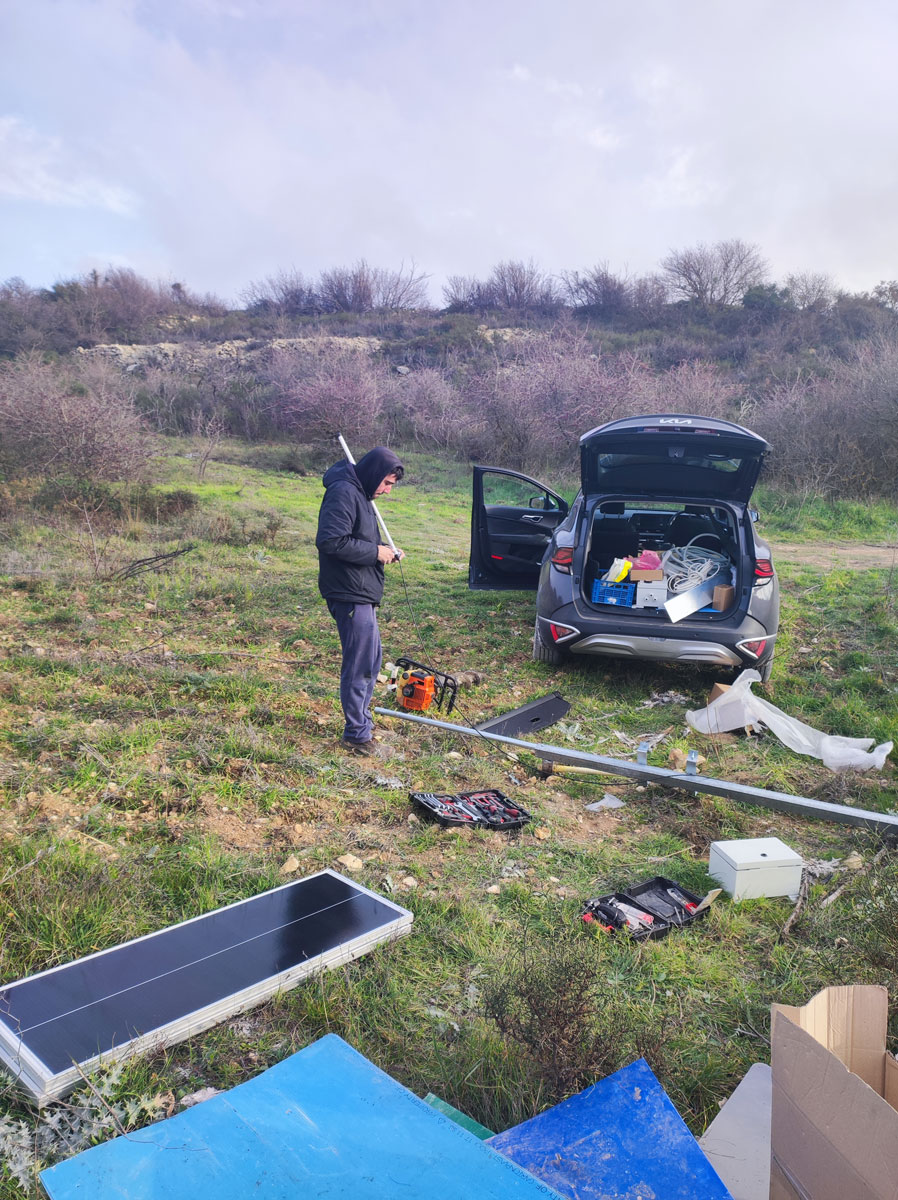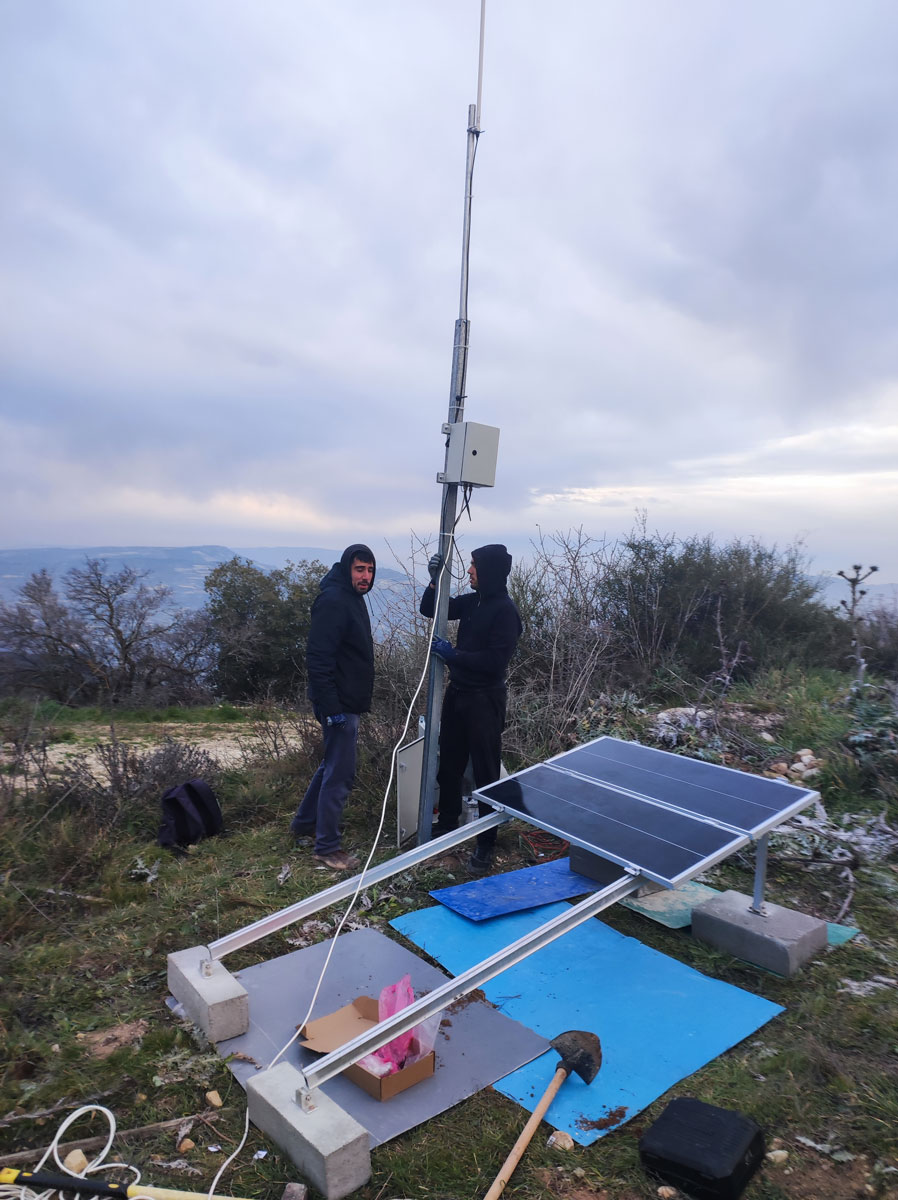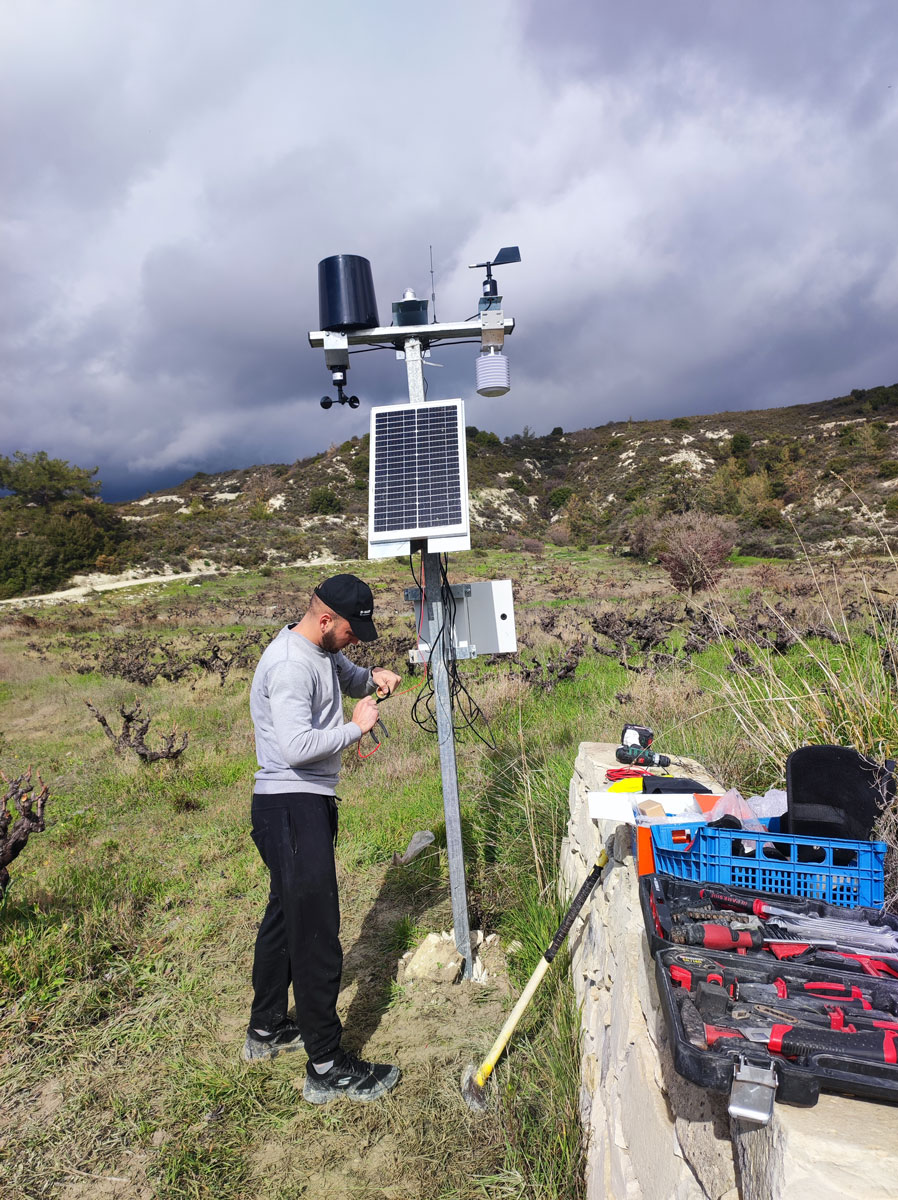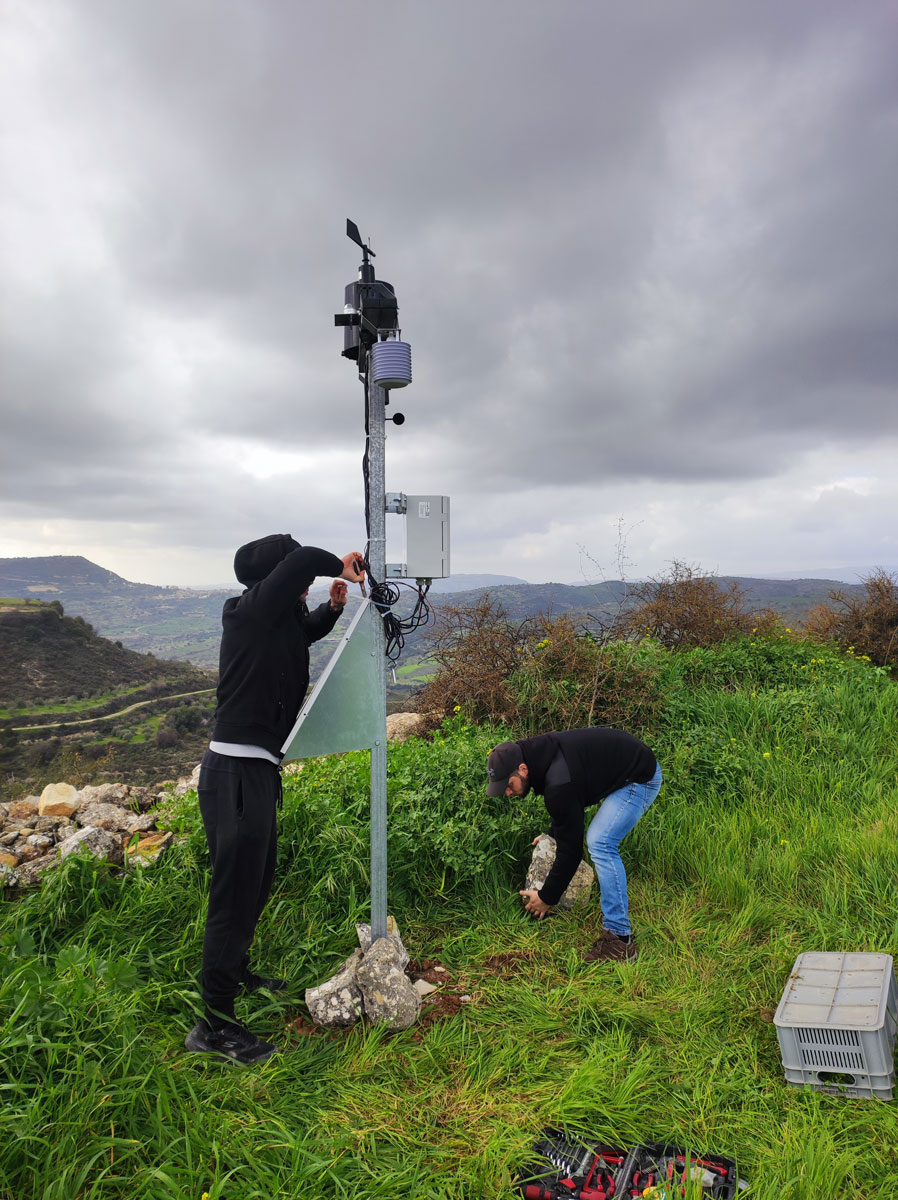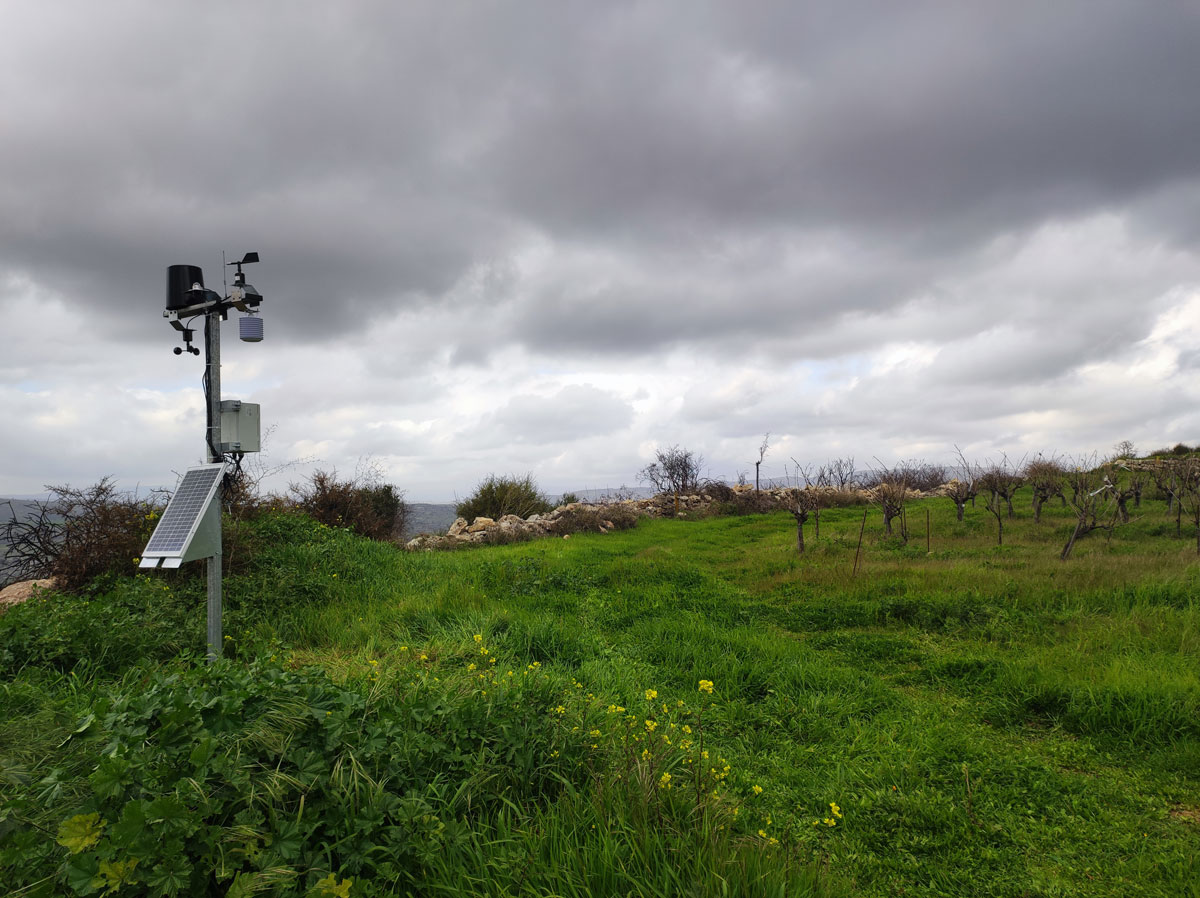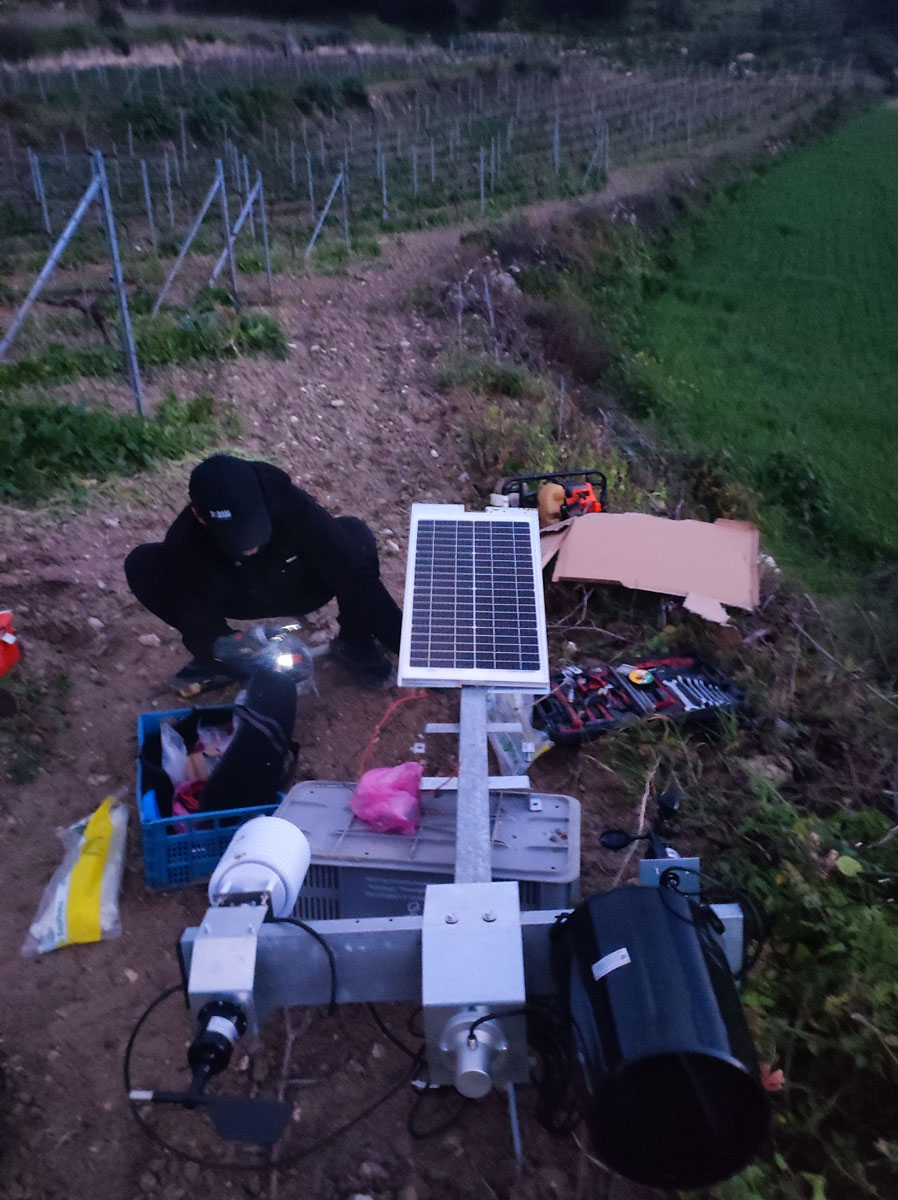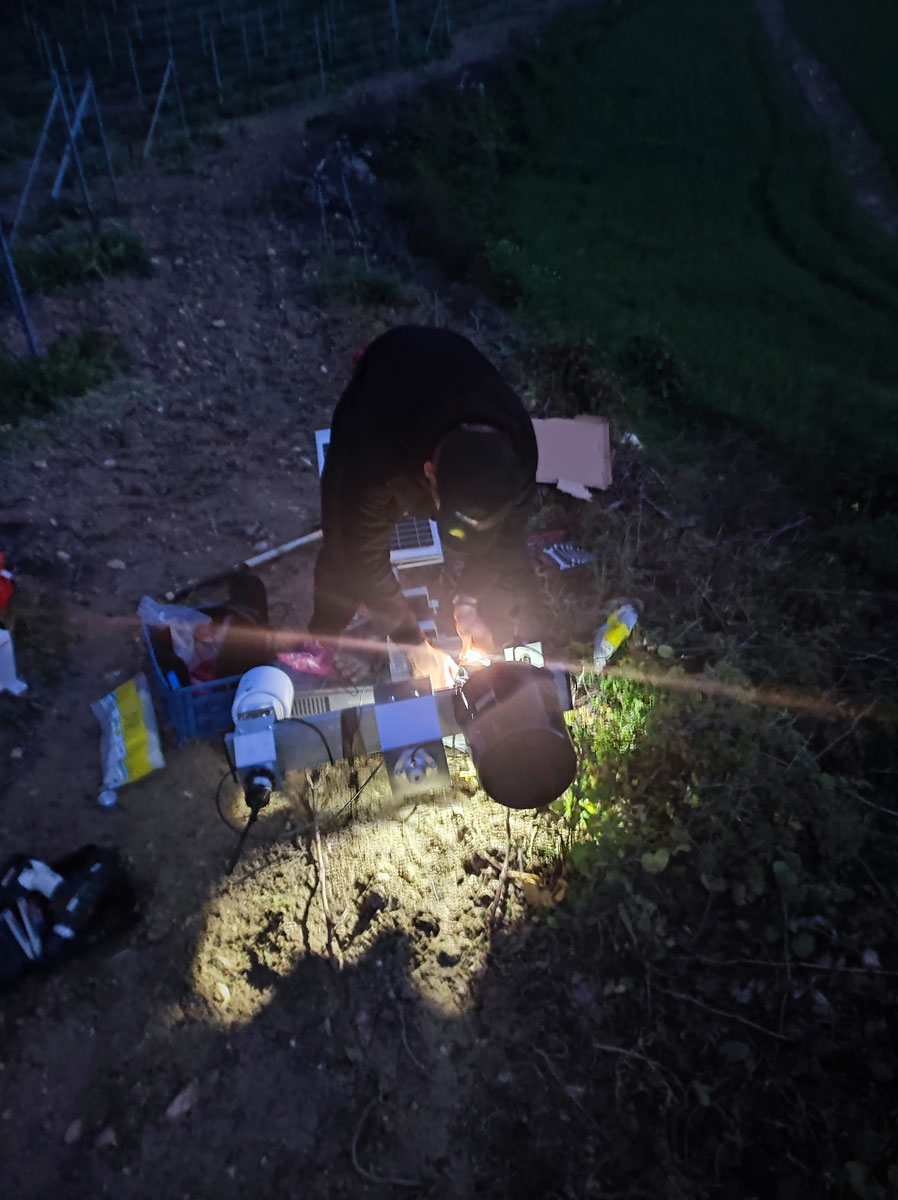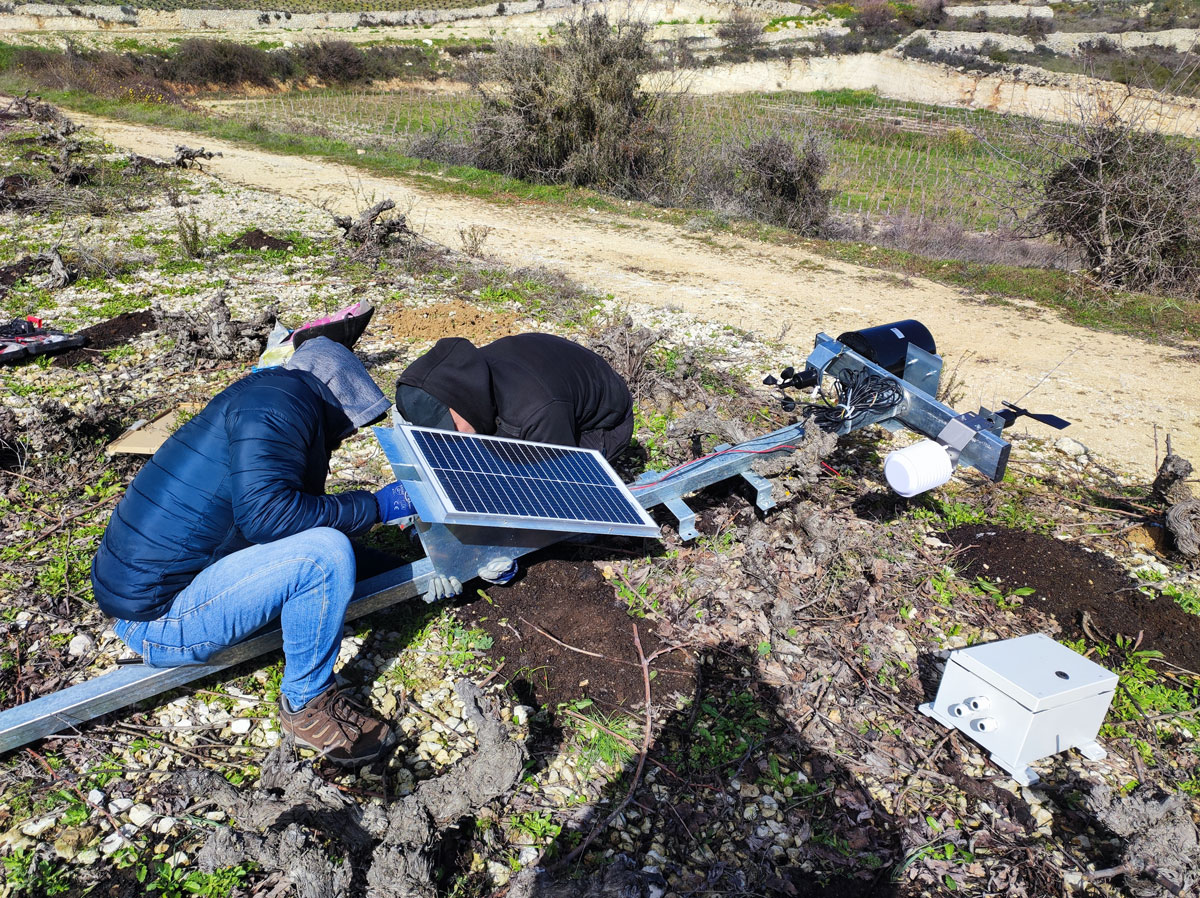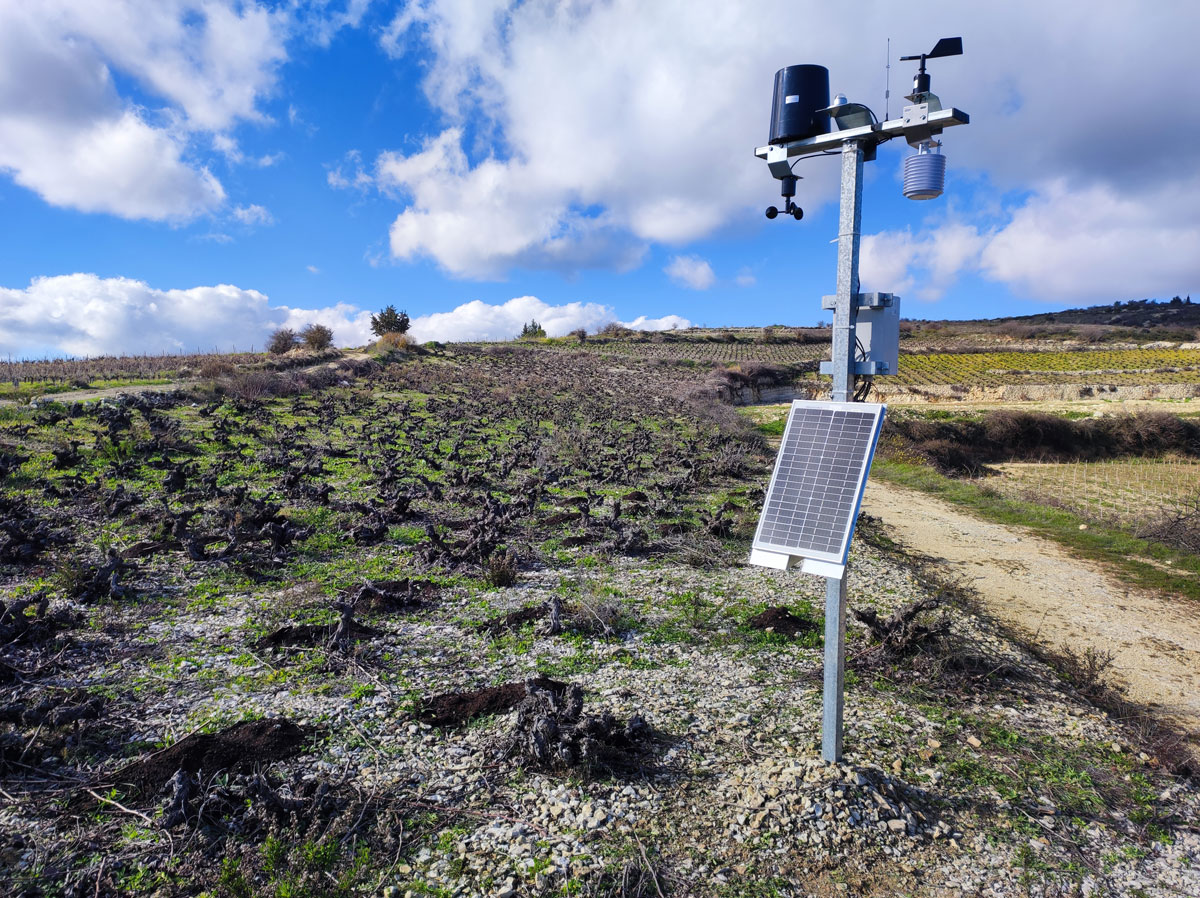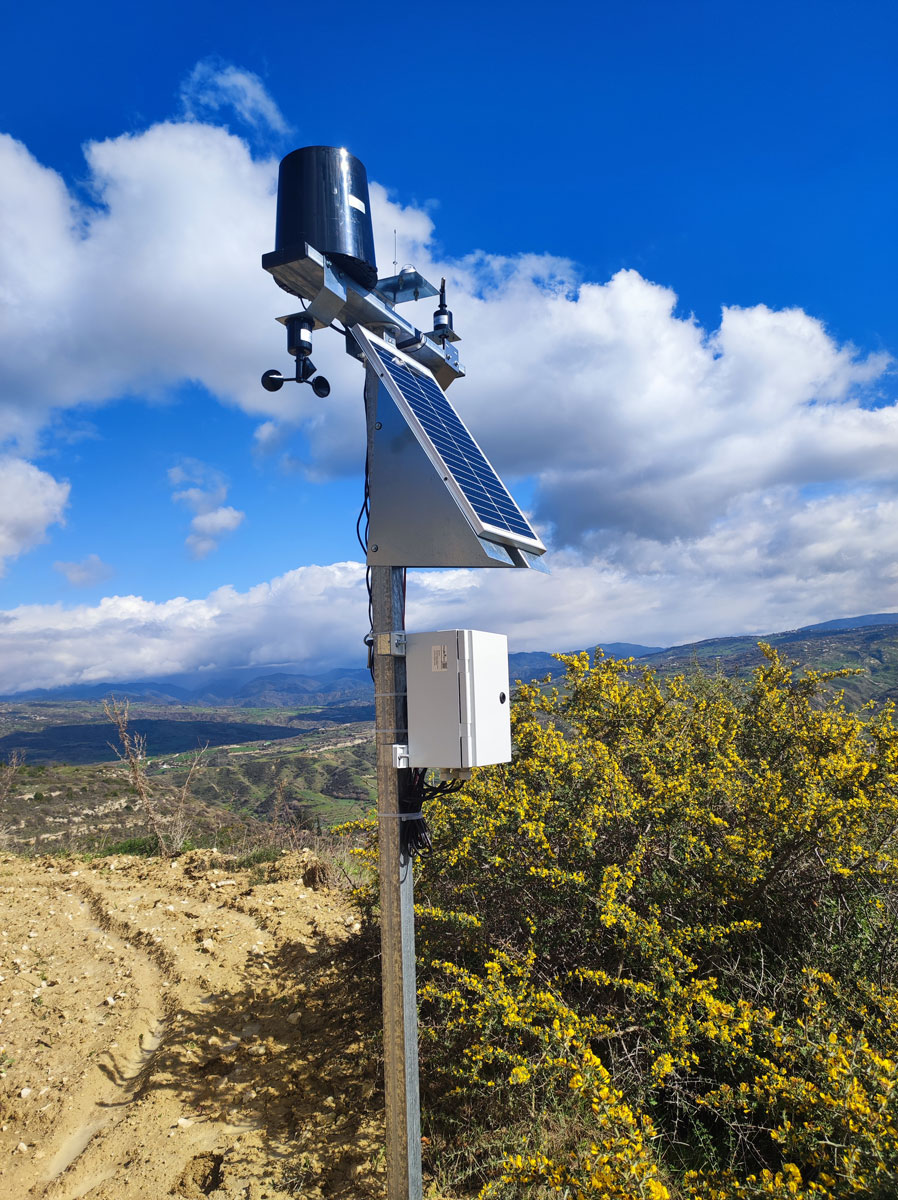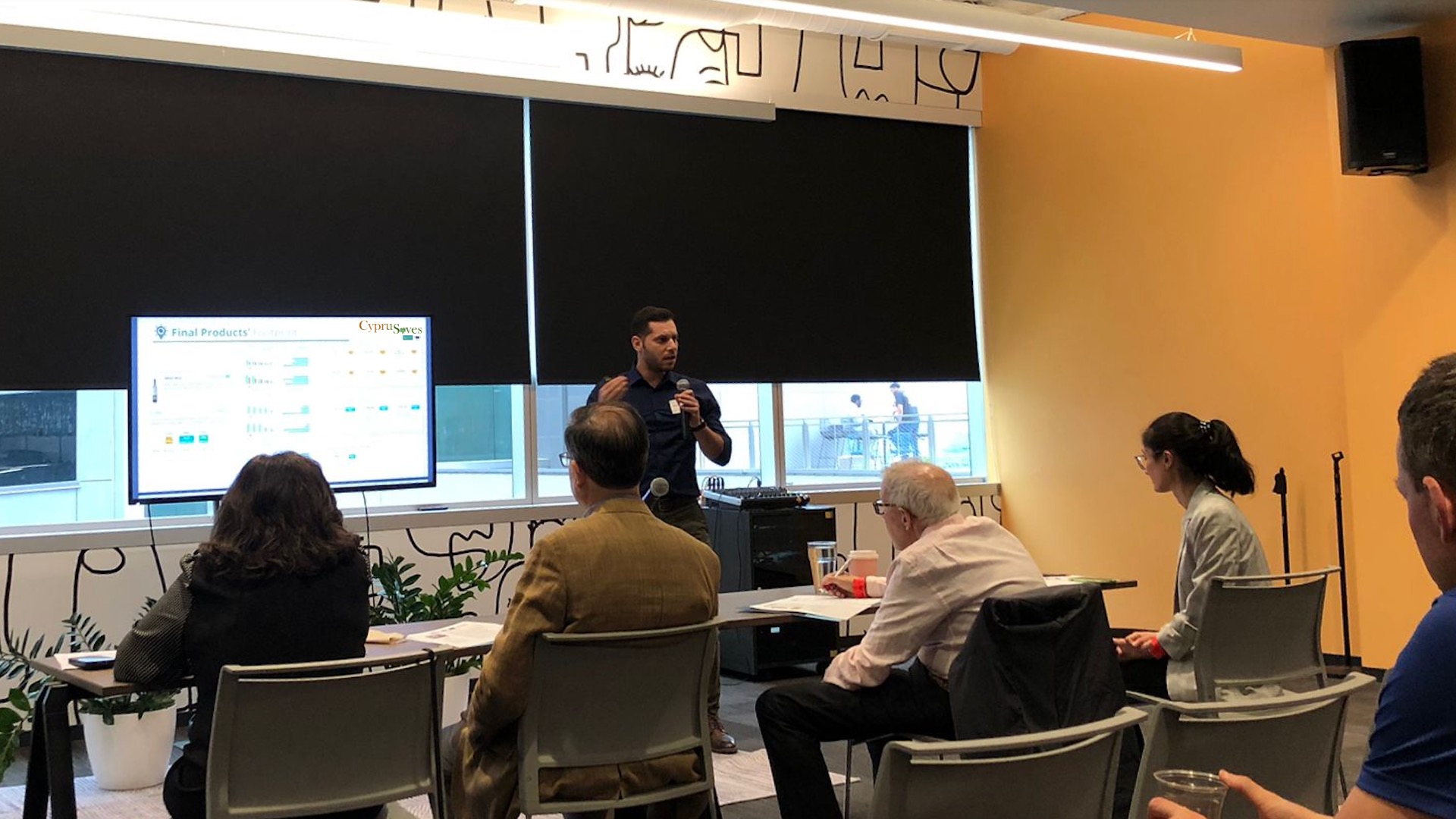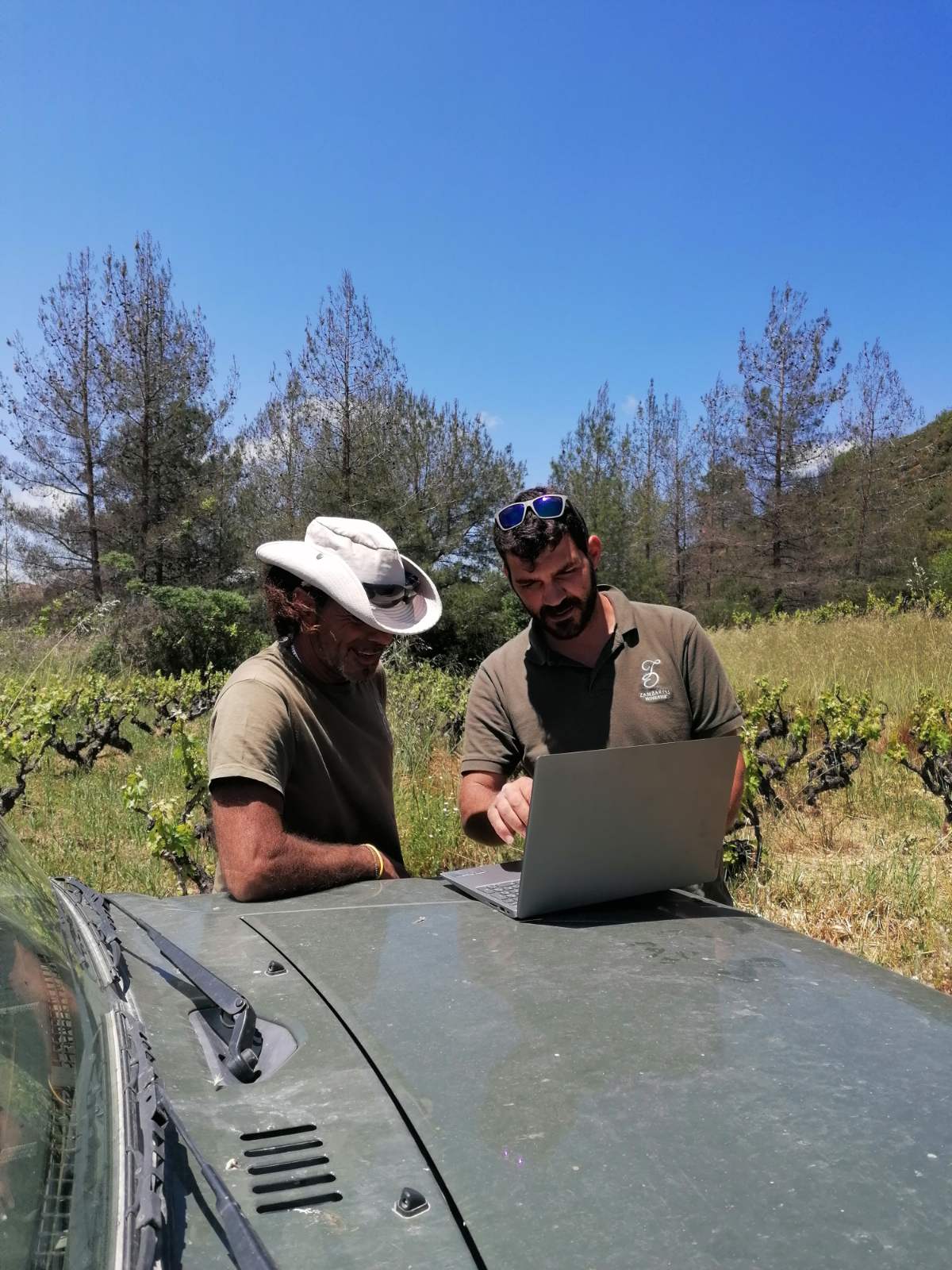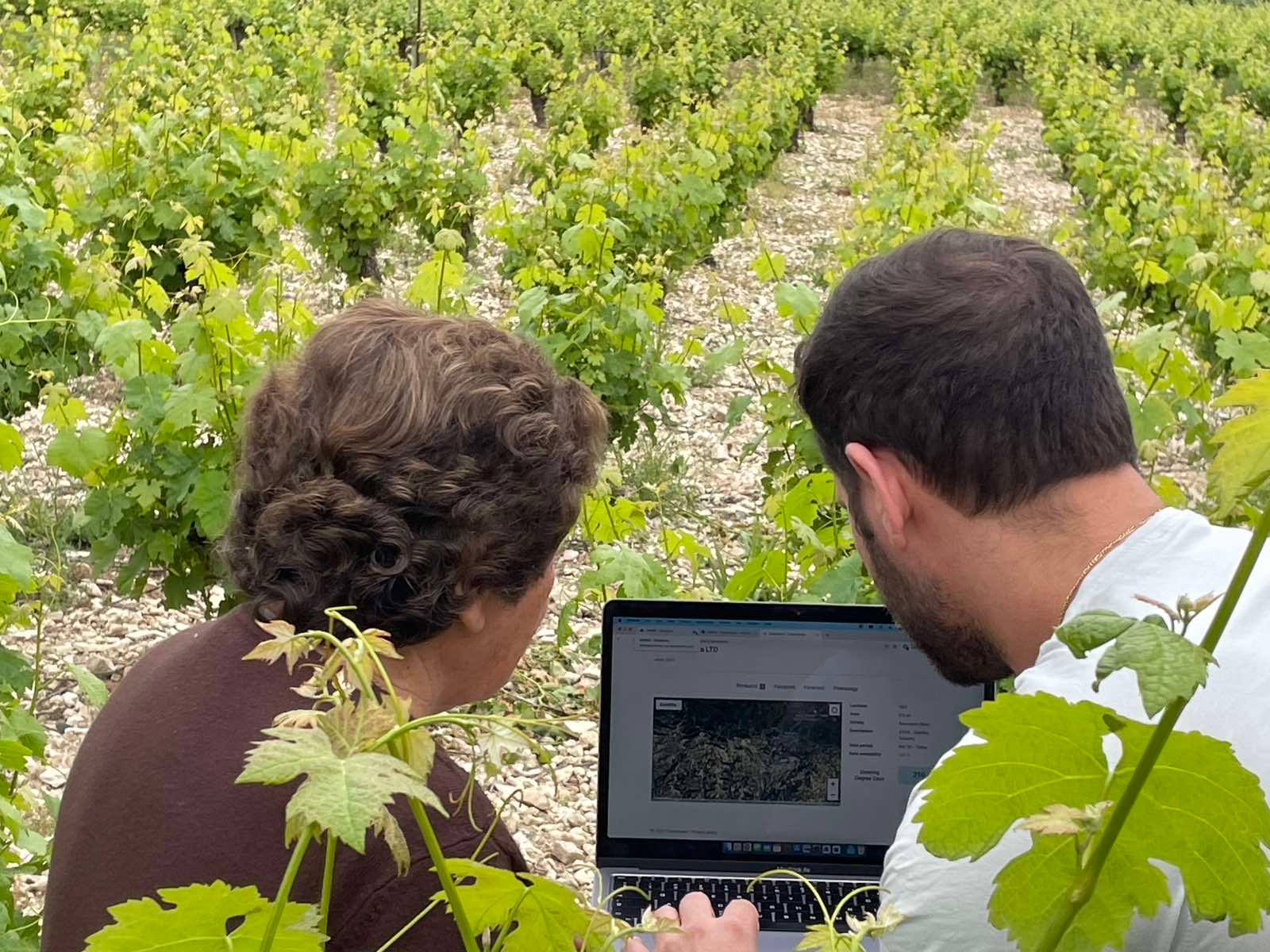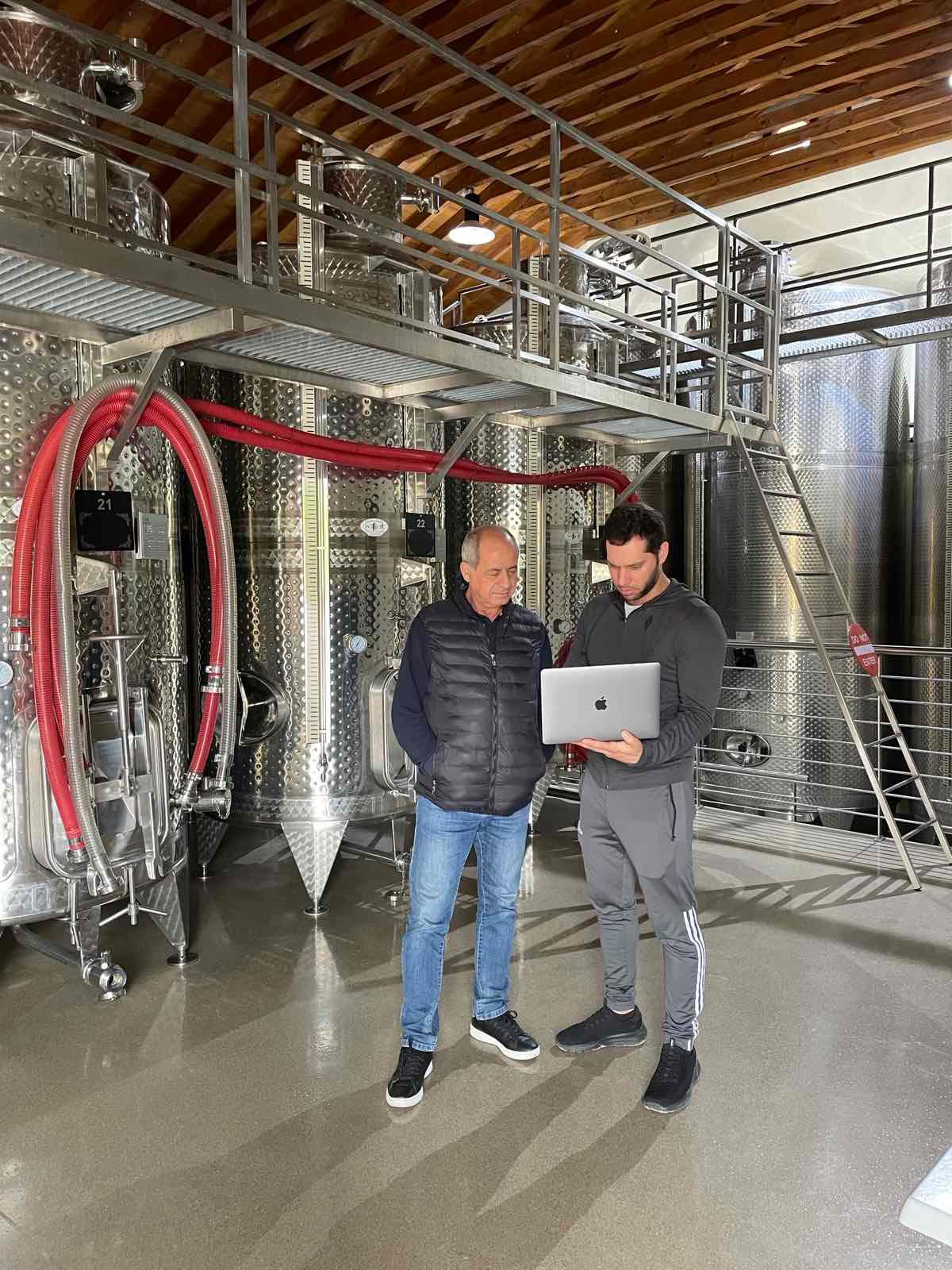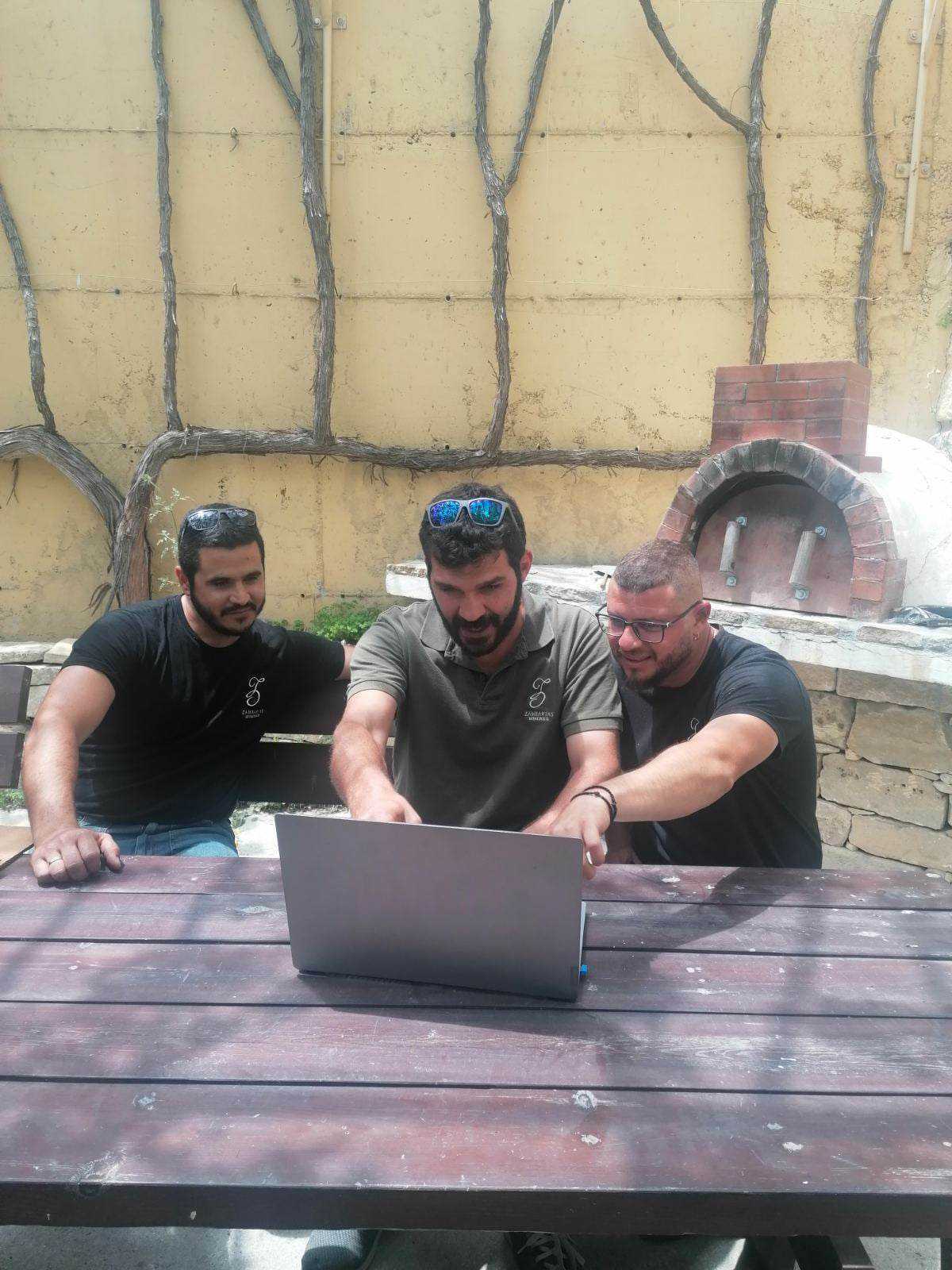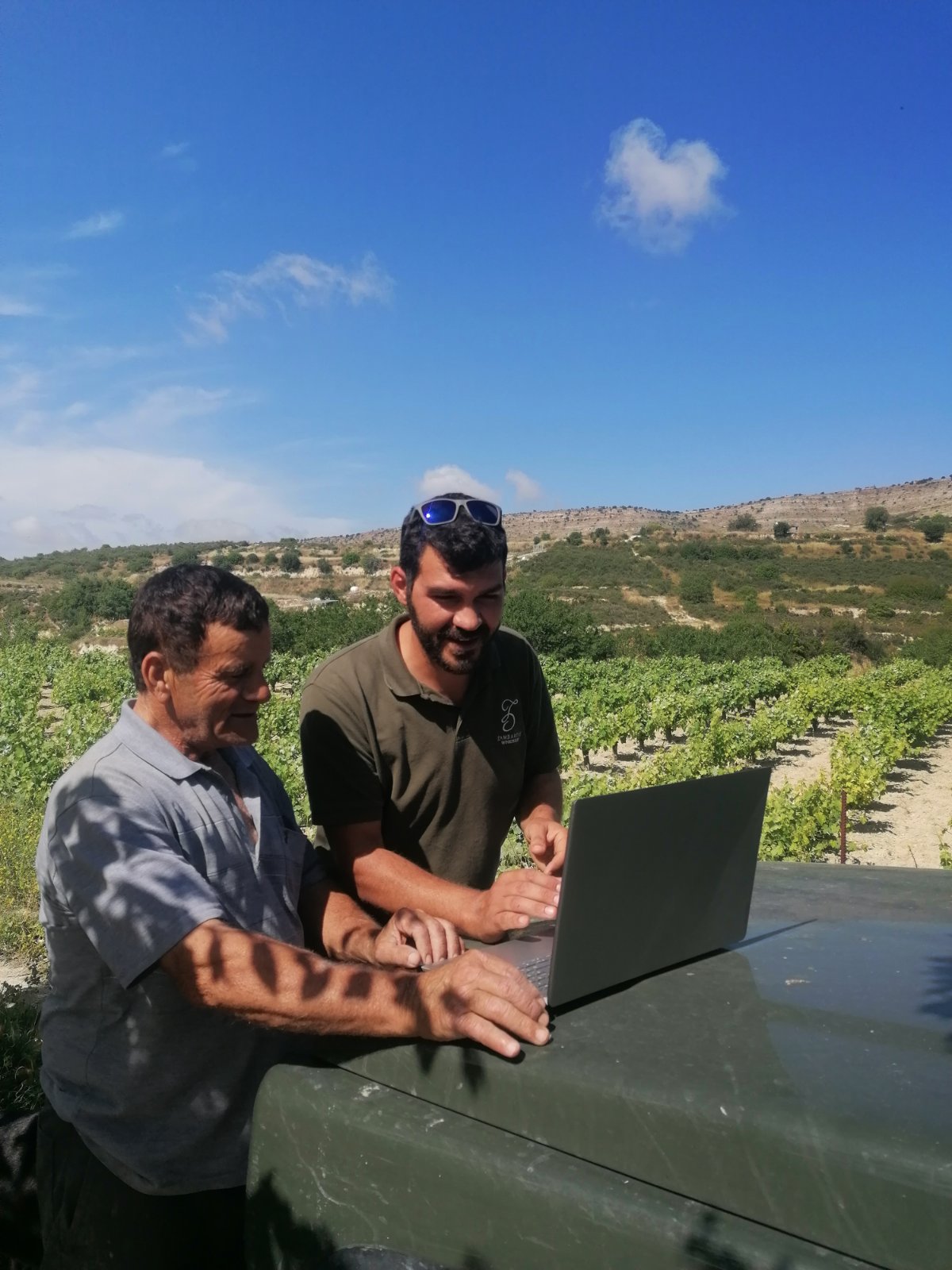About
Cyprus is the southernmost country of the EU, projected to face tremendous effects due to climate change. The country is already facing problems related to water availability, while the increased production costs due, also, to the global economic and energy crisis decreased farmers income significantly. The water scarcity problem in Cyprus has already had a negative impact on the island’s agri-sector and in many cases, irrigation water availability is the main condition for the continuation of agricultural activity. Adaptation of producers to the new circumstances is a priority of Cyprus, especially by introducing technological achievements (e.g., digitization) that can be exploited by the producers themselves or in collaboration with specialized technology and know-how providers.

CypruSaves aims to motivate farmers in using modern technology and tools, address current and future water shortages, and manage their cultivation in terms of soil, yield, nutrients, and pesticide use.
CypruSaves is one of 5 pilots/proposals, selected to join the H2020 DEMETER, an EU-funded project aiming at facilitating the deployment of inter-operable, data-driven, smart farming solutions. The H2020 DEMETER project is a large-scale deployment of farmer-driven, interoperable smart farming-IoT (Internet of Things) based platforms, delivered through a series of 20 pilots across 18 countries (15 EU countries). Involving 60 partners, DEMETER adopts a multi-actor approach across the value chain (demand and supply), with 25 deployment sites, 6,000 farmers, and over 38,000 devices and sensors being deployed.
CypruSaves project will
- engage and involve a pilot winery in Limassol, Cyprus and 69 cooperating pilot farmers
- implemented at 81 vineyards covering an area of 16 ha in Cyprus
- engage hundreds of stakeholders in Cyprus, Greece, and other Mediterranean countries through a Multi Actor Approach strategy
Project duration: May 2022- May 2023
Challenges
- Adaptation to climate change in terms of water saving, soil protection, and pests outbreak.
- Digitalization and modernization of the Cypriot wine-making sector, as most of the Cypriot farmers, continue to be traditional and use conventional practices.
- Networking and cooperation between stakeholders of the same or different sectors for sharing knowledge, information, and materials.
Objectives
- Development of a web platform for water needs and footprint estimation of vineyard products
- Maximizing water efficiency and address water scarcity.
- Sustainable management of soil and water resources at field level.
- Reduction of inputs (water, pesticides, fertilizers) and production costs.
- Boosting clustering and data/knowledge sharing between farmers and other stakeholders.
- Enhancing digitalization of Cypriot agricultural sector.
Platform
Water footprint estimation, water needs analysis and management of Cypriot vineyards
Actions
- Phase 1: Design
- Phase 2: Install and Operate
- Phase 3: Assess
Project Management and coordination (WP1)
The WP coordinates and organizes the project at a strategic level, ensuring project follow-up. Involves all management procedures and tasks to ensure smooth project implementation, administrative and financial control.
Pilot Plan design (WP2)
WP2 aims to design a detailed pilot plan, engage the pilot farmers and gather data regarding the operational framework and their needs and problems, and finally define the technical requirements of the tools to be developed and design the pilot actions of Phase 2.
Collection of field data (WP3)
This WP aims at collecting field and operational data of the pilot ZAMBARTAS winery and the pilot fields. Soil and water samples will be collected and analyzed from all pilot fields, and soil sensors and meteorological station will be installed.
Development & deployment of the CypruSaves tools (WP4)
This WP delivers the implementation of the CypruSaves system, a web app for water and field management. The partners will set the theoretical basis and will develop the respective equations, relationships and algorithms for water footprint estimation and the development of the web platform of the project.
Pilot operation (WP5)
This WP will demonstrate the use of CypruSaves tools and services in a real working environment. The pilot winery and its cooperating 69 farmers will be the ecosystem of this action. The consortium will record and assess the feedback of all of them to assess functionality, drawbacks, level of satisfaction, communication and cooperation between the farmers, quality of data, etc., so to make corrective interventions (technical or communicative).
Multi-actors approach (WP6)
This WP aims to ensure that CypruSaves is a user-centric project during all its Phases. Following the outcomes of WP2, this WP will implement the MAA strategy and ensure that the stakeholders will be regularly contacted for input and feedback in a balanced way. Project partners will design the appropriate actions to increase effective engagement, and to capture the opinions/views/approaches of the stakeholders during the development of the tools to ensure a co-creation process. Involved farmers will be trained in using project tools during workshops and seminars. Dissemination actions will be performed, as well.
Assessment (WP7)
This WP will assess the results of the previous Phases and provide business support that will foster the exploitation of projects results, sustainable growth and envisages an investment round for the pilot. An Exploitation Plan and a Business Model will be delivered. Dissemination actions, MAA, and KPIs will be assessed, and the impact of the project will be quantified. The consortium will participate in events (audio calls, video calls, webinars, online trainings, virtual conferences, etc.) organised or suggested by the DEMETER Consortium, to support the development of the proposed pilots.
News
Kick-off Meeting
The kick off meeting of CypruSaves took place at Zambartas Winery, in Limassol, on 26 June 2022. The project partners met and discussed scientific and technical issues for the successful implementation of CypruSaves.
Field survey and UAV flights
The first screening of pilot vineyards by the team of the Benaki Phytopathological Institute on 27-29 June 2023. Field survey and UAV flights took place at vineyards in Paphos and Limassol.
CypruSaves at RIF event in Nicosia
CypruSaves project was presented by Mr Andreas Angeli during the event organized by the Cypriot Research and Innovation Foundation (RIF) in Nicosia.
Stakeholders meeting in Paphos
Team members visited Paphos and had meetings with local agronomists. Obstacles and gaps for adopting sustainable practices in vines cultivation were discussed.
Stakeholders meeting in Limassol
On 25 October, CupruSaves met its pilot farmers in Paphos and Limassol. The meeting took place at the premises of Zambartas wineries.
CypruSaves at meeting with SPACE4GREEN partnership
The H2020-EUSPA project SPACE4GREEN “Trusted and Green traceability through EU Space Technologies” included the pilot vineyards of CypruSaves as pilot case of the southern Europe.
Pilot vineyards NDVI maps produced
After processing the UAV images taken from pilot vineyards Limassol, the NDVI maps were produced. Data will be used for the development of the project results and in specific the module for the prediction of plant stress and nutritional deficiencies.
Meteorological stations for pilot vineyards
Ten meteorological stations and two gateways for data transmittal will be installed in Limassol and Paphos to collect data from all pilot vineyards of the project. The map shows the coverage of the stations network.
Digital tools seminar at Attica, Greece
An event/seminar was organized at Markopoulo, Attica, Greece to inform farmers about digital tools and educate them on issues related to fertilization. Two researchers from the Benaki Phytopathological Institute participated, namely Dr Maria Doula and Dr Yerasimos Troyanos. The web apps of CypruSaves and of LIFE AgroStrat projects were presented to the audience. Farmers tested the apps on their mobile phones.
Meteorological station at Stato, Paphos
Installation of meteorological station at Stato, Paphos, Cyrpus
Meteorological station at Lassa, Paphos
Installation of meteorological station at Lassa, Paphos, Cyrpus
Meteorological station at Silikou, Limassol, Cyrpus
Installation of meteorological station at Silikou, Limassol, Cyrpus
Meteorological station at Kilani, Limassol, Cyrpus
Installation of meteorological station at Kilani, Limassol, Cyrpus
Meteorological station at Mandria, Limassol
Installation of meteorological station at Mandria, Limassol, Cyrpus
Meteorological station at Agios Amvrosios Pachna
Installation of meteorological station at Agios Amvrosios Pachna, Cyrpus
Meteorological station at Amargeti, Paphos
Installation of meteorological station at Amargeti, Paphos, Cyrpus
Meteorological station at Vassa, Limassol
Installation of meteorological station at Vassa, Limassol, Cyrpus
Meteorological station at Pano Akourdalia, Paphos
Installation of meteorological station at Pano Akourdalia, Paphos, Cyrpus
CypruSaves at YTILI, USA
CypruSaves has been presented in Philadeplhia, USA as part of the Youth Transatlantic Innovation Leaders Initiative Program. Farming represents the backbone of Pennsylvania's heritage, with 52,000 farms and 7.3 million acres of farmland.
CypruSaves web app training at field
Mr Christodoulos Karaolis from ZAMBARTAS WINERIES trained the pilot farmers on using CypruSaves platform.
CypruSaves training at field continues
Mr Andreas Angeli from OMNIA, Cyprus trained pilot farmers on using CypruSaves app.
CypruSaves on Winery training
Mr Andreas Angeli from OMNIA, Cyprus visited wineries in Limassol and Paphos, discussed with the owners and the technicians regarding the benefits of CypruSaves app and train them in using it and estimate the Carbon and Water footprint of the wine making process.
Partners training on using CypruSaves platform
Mr Christodoulos Karaolis trained his colleagues at ZAMBARTAS Wineries in using the CupruSaves app.
CypruSaves "on the field" training
Pilot farmers in Cyprus are trained on the use of CypruSaves tools.
